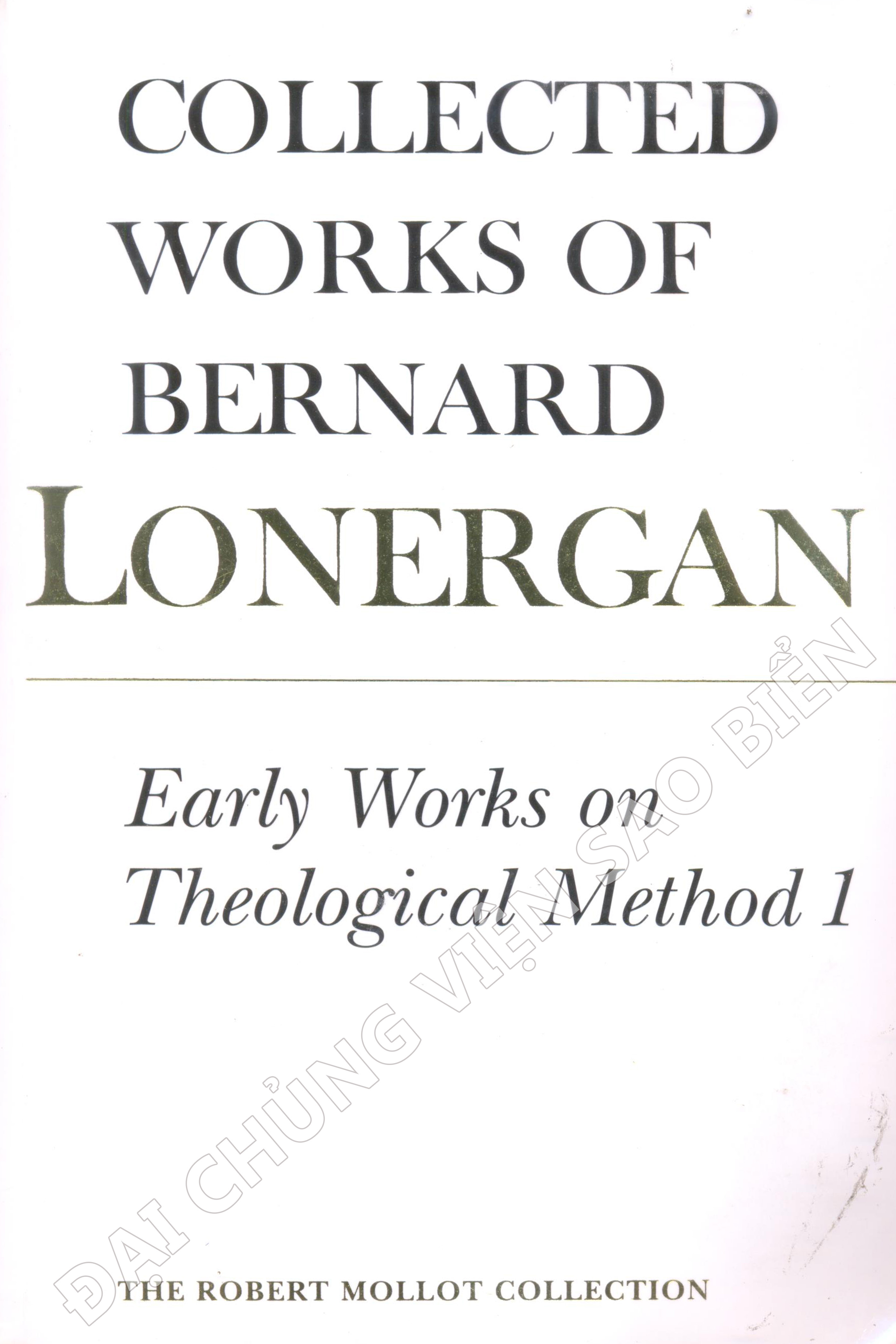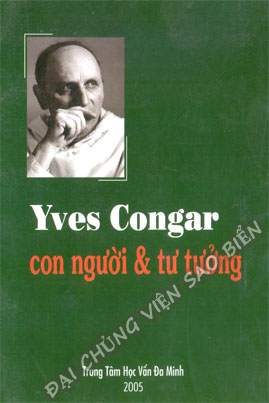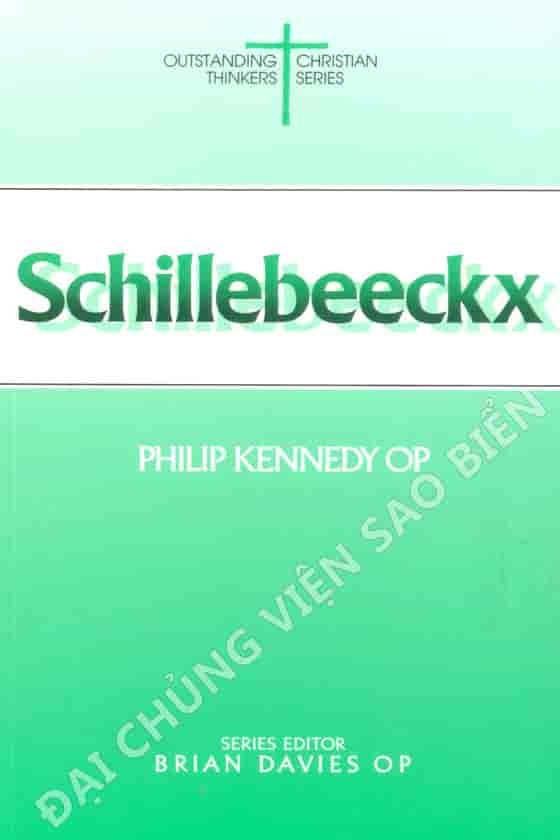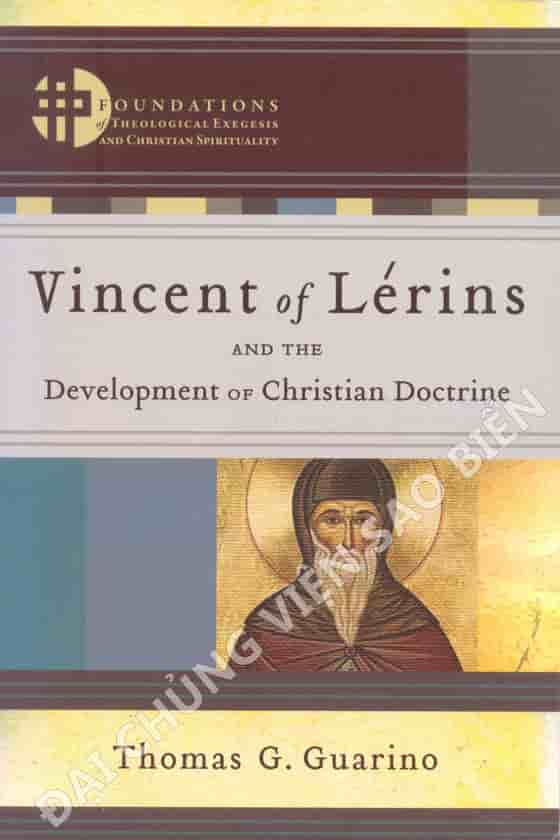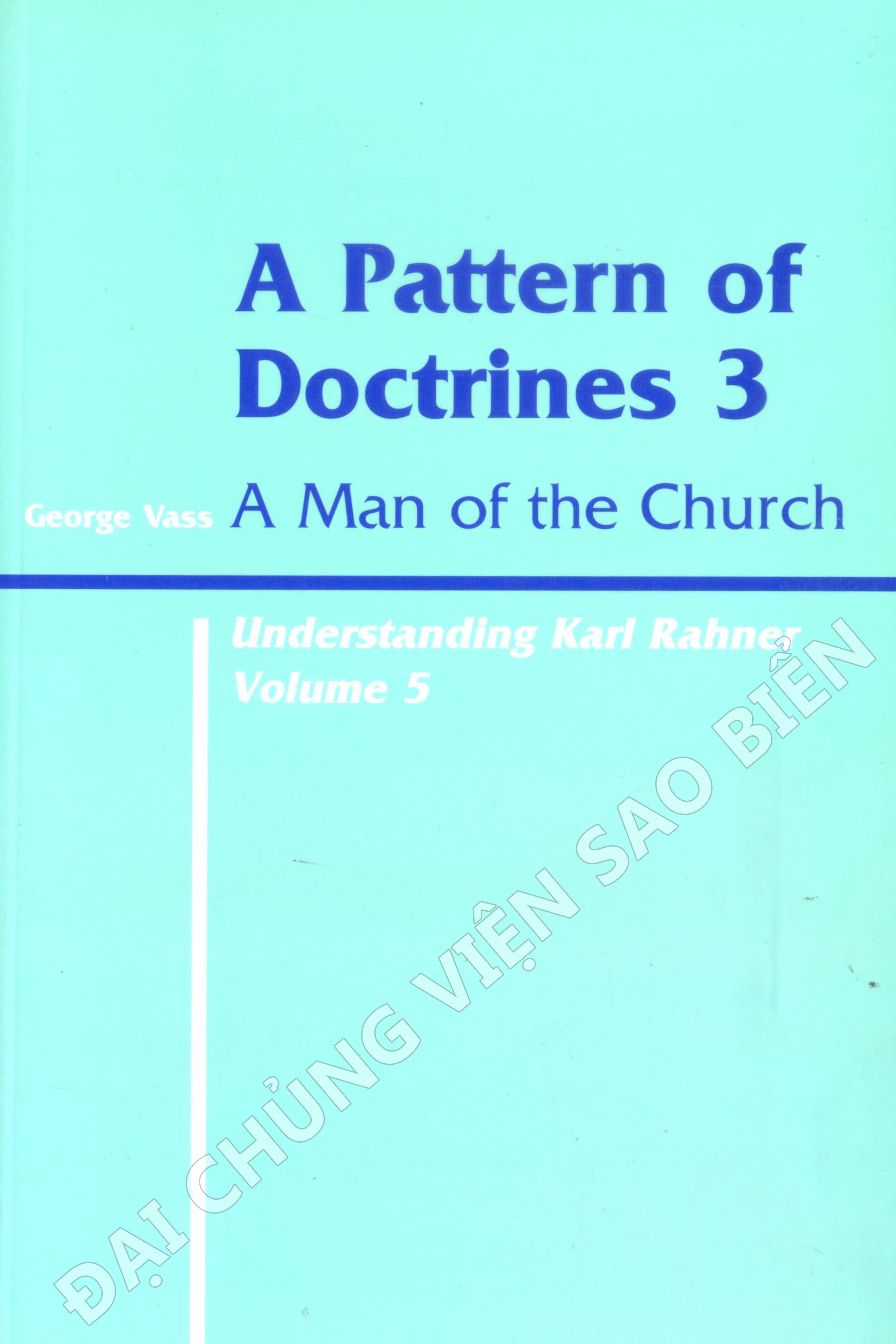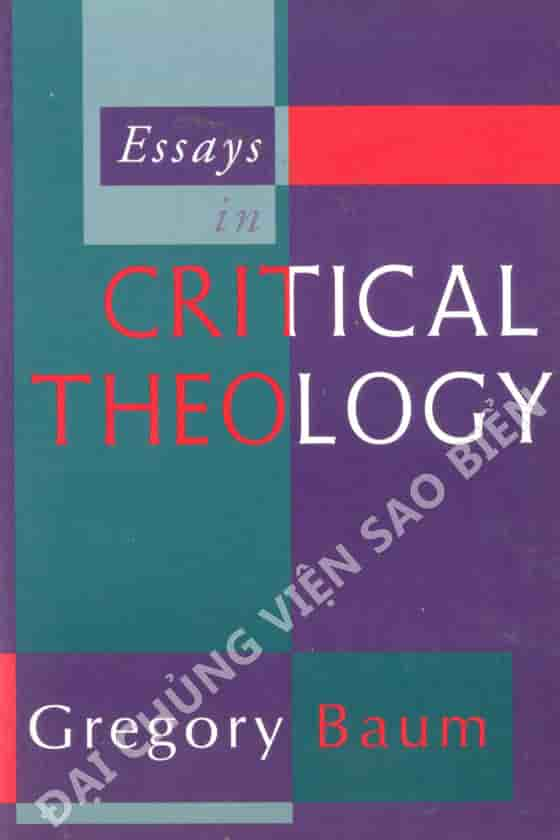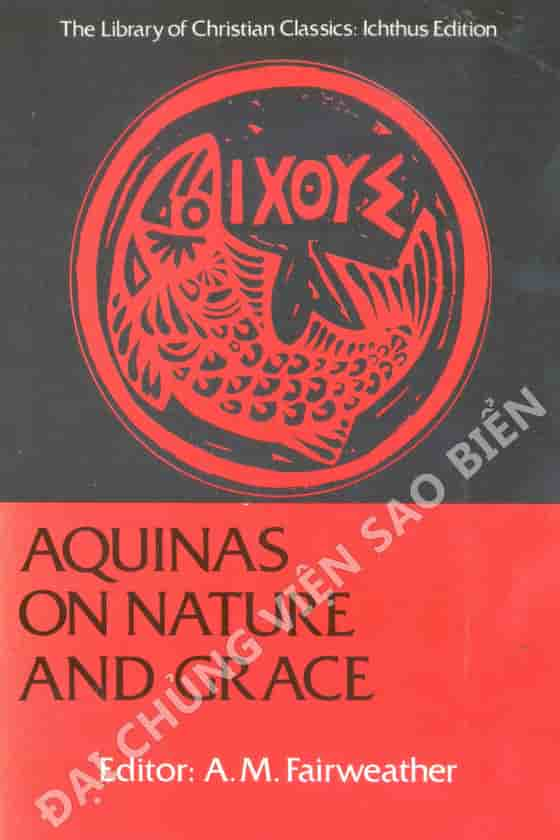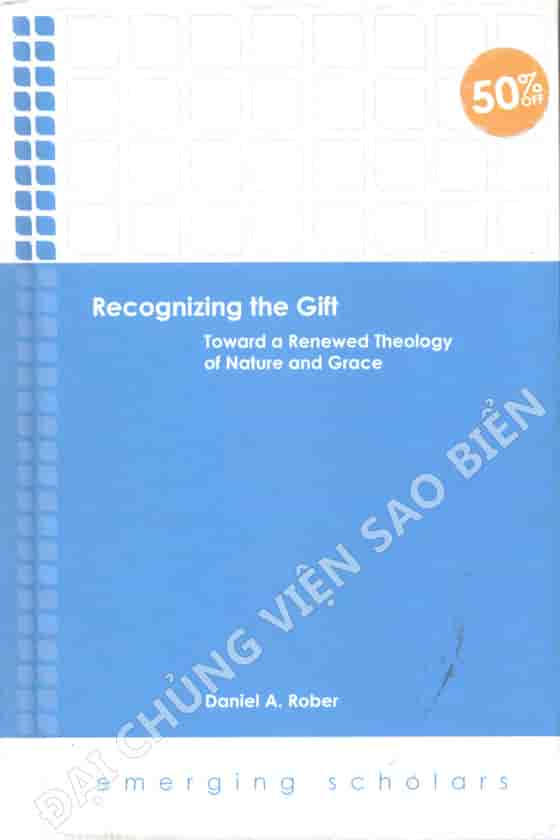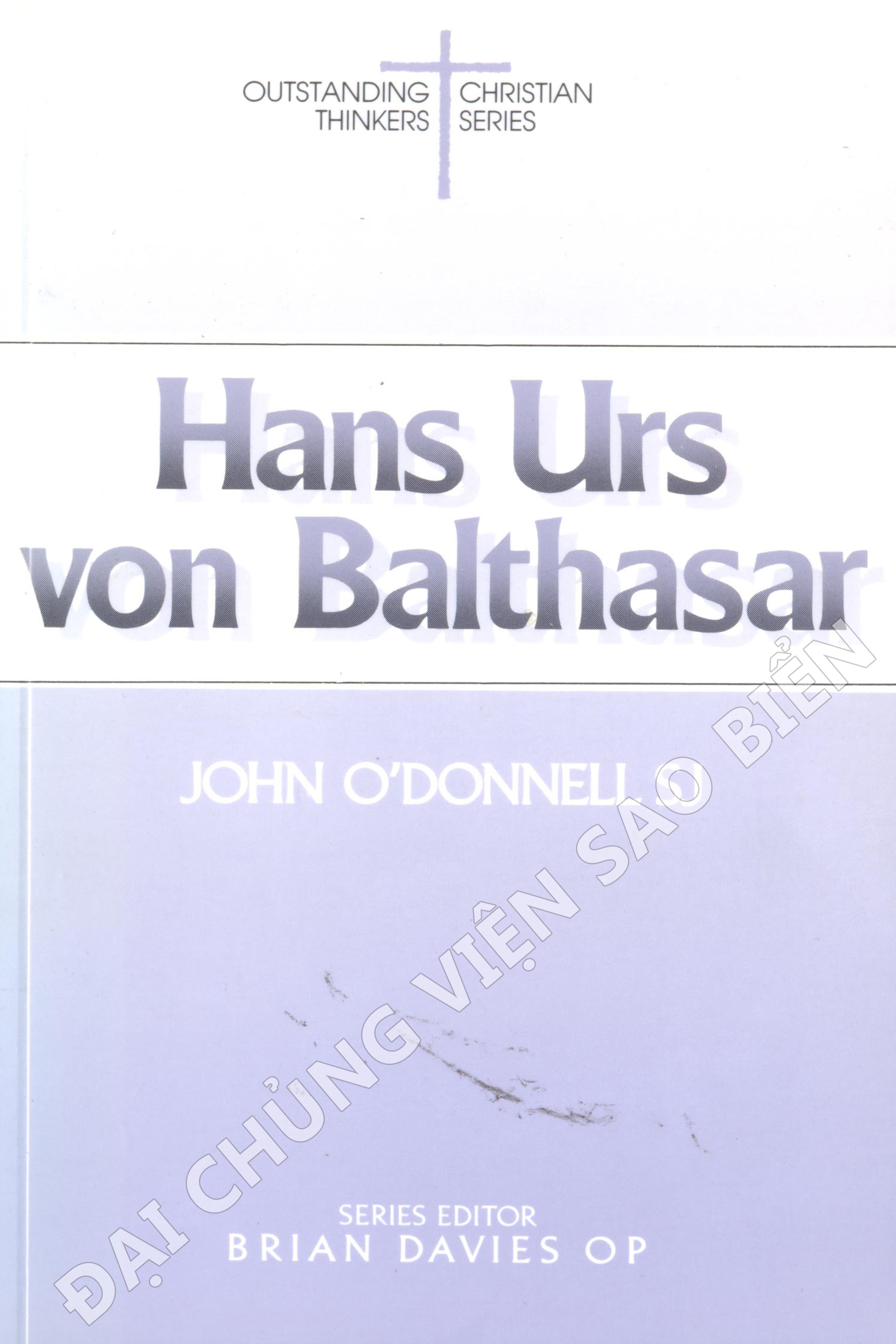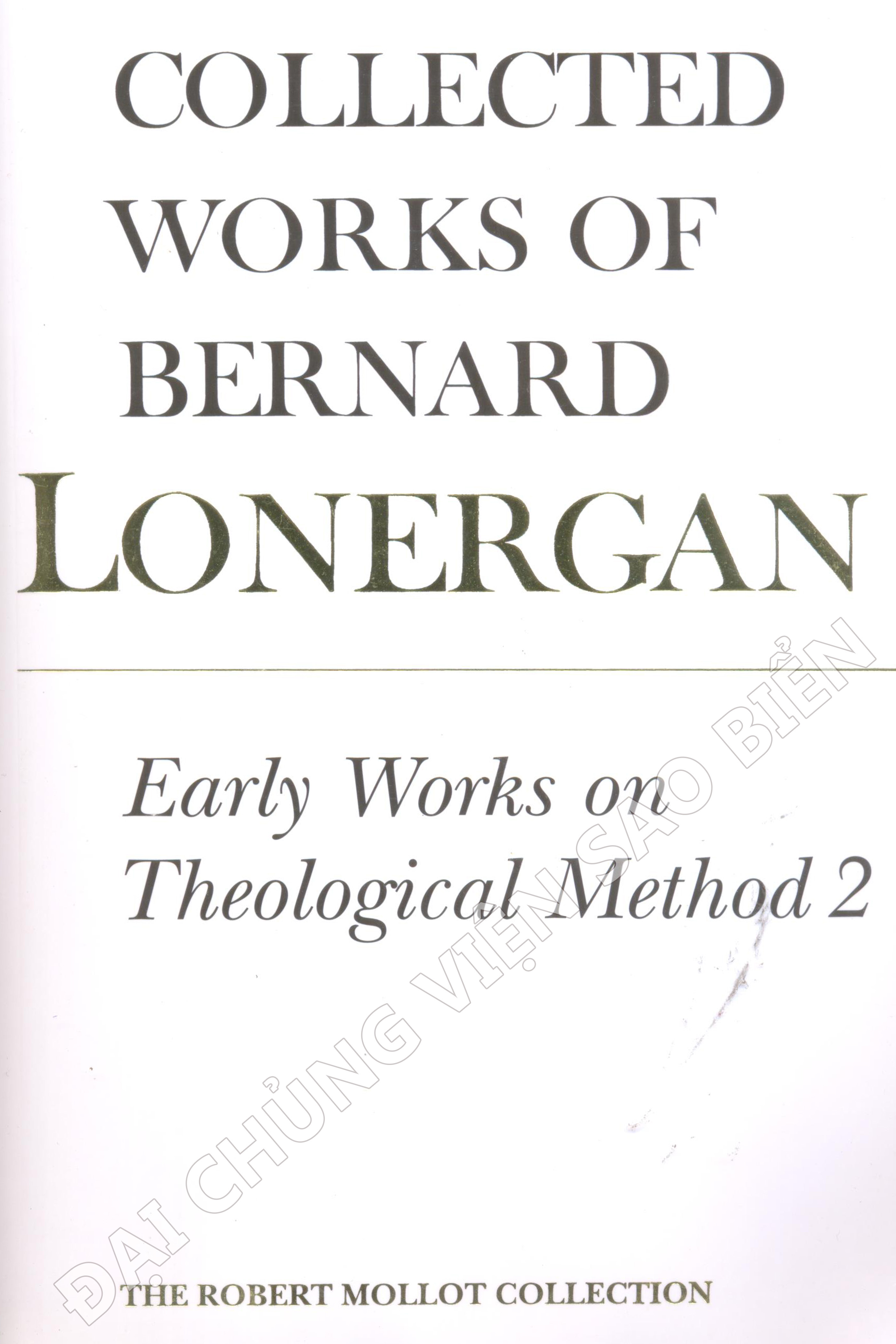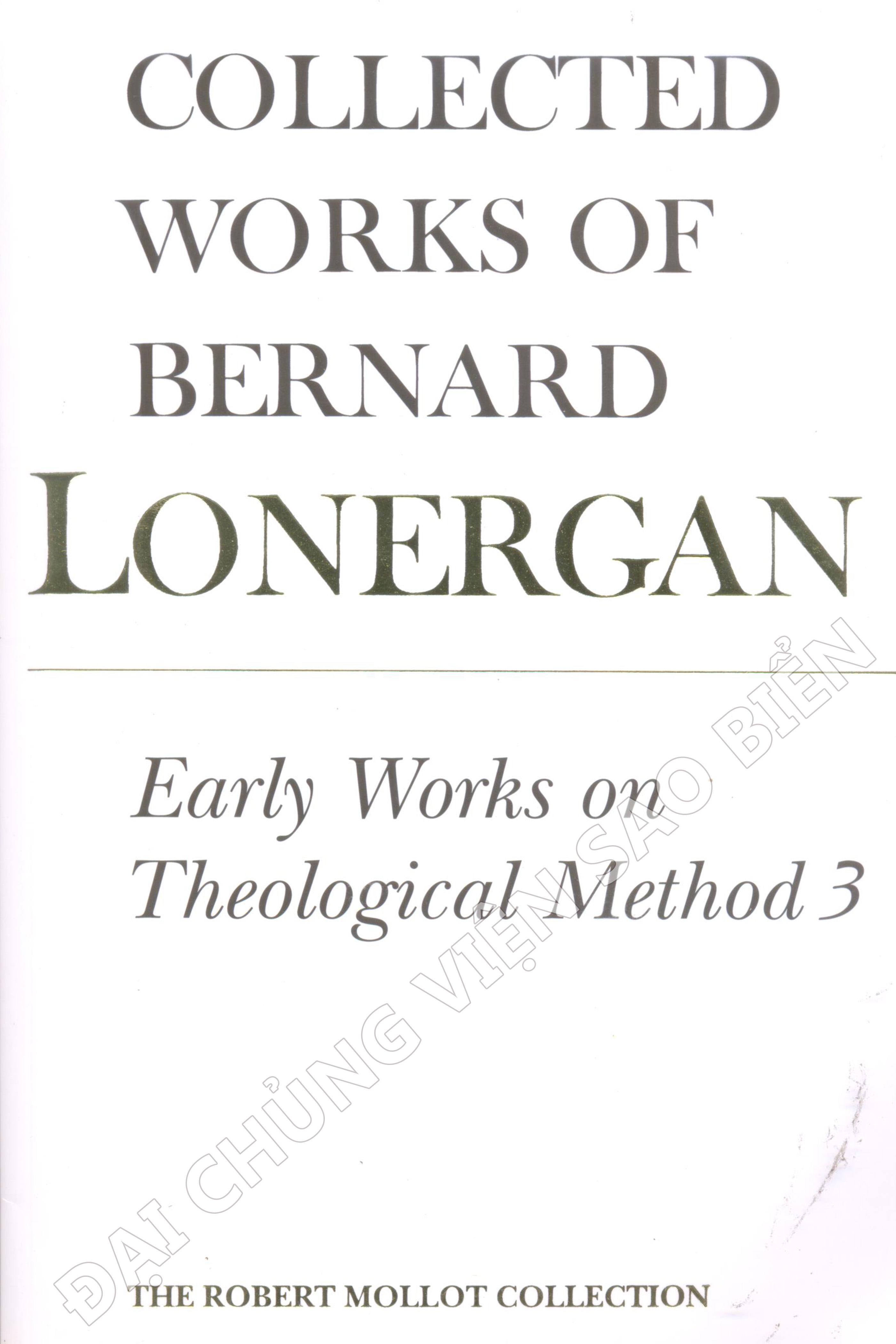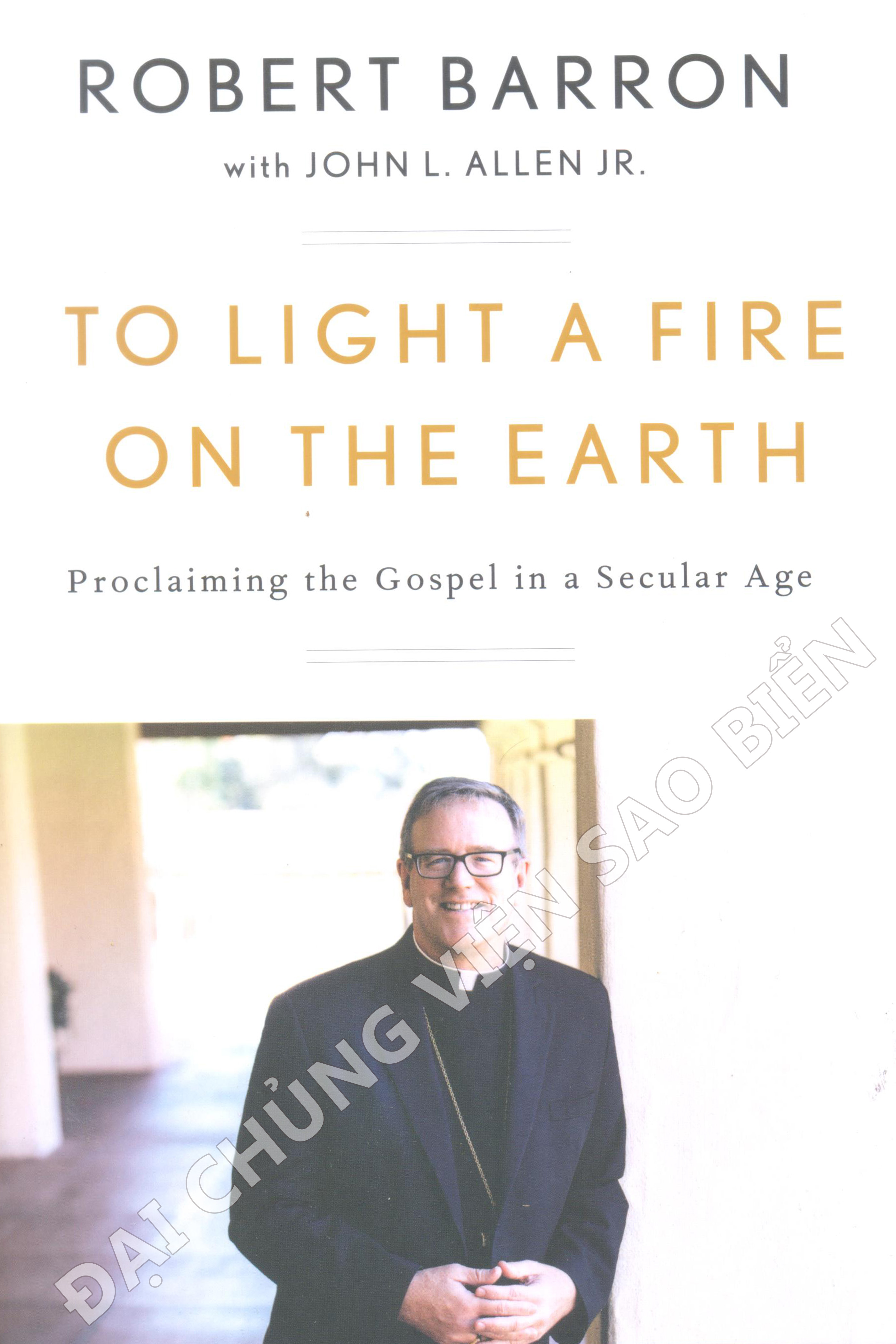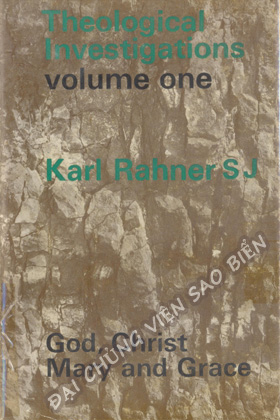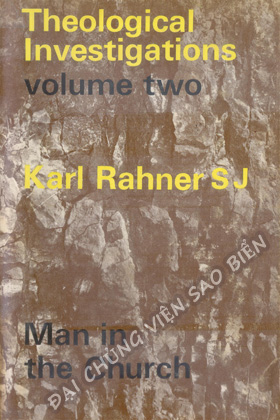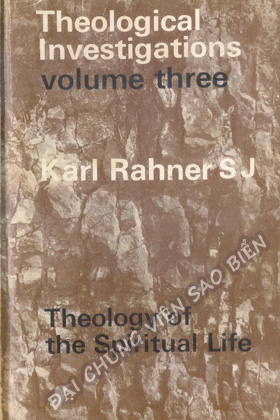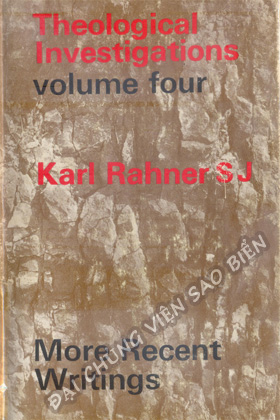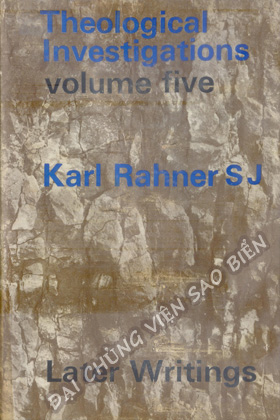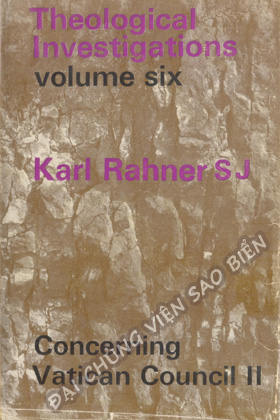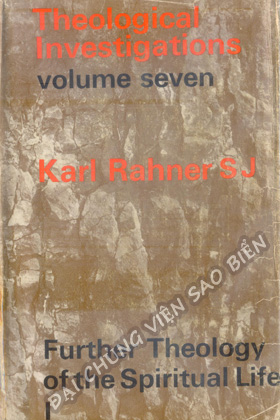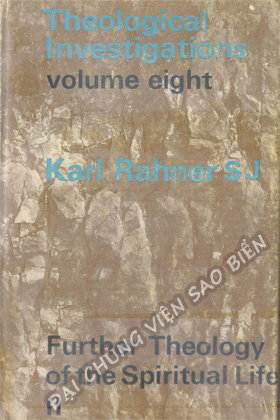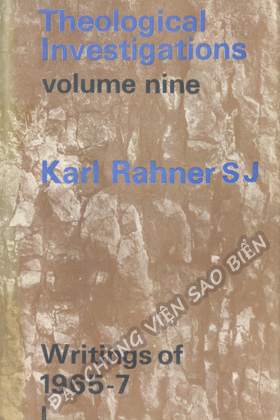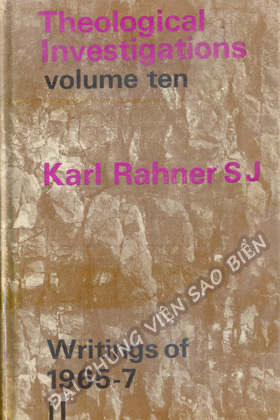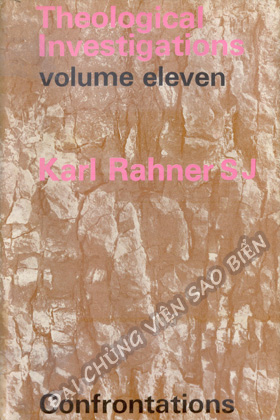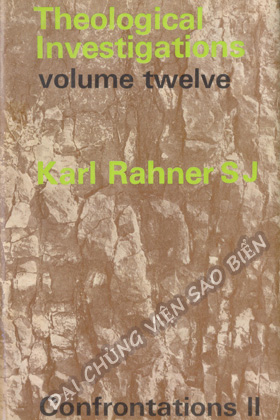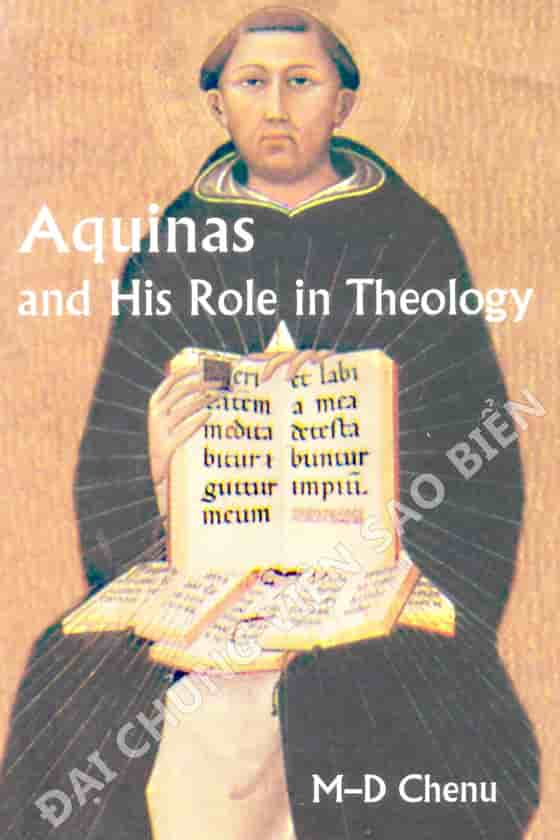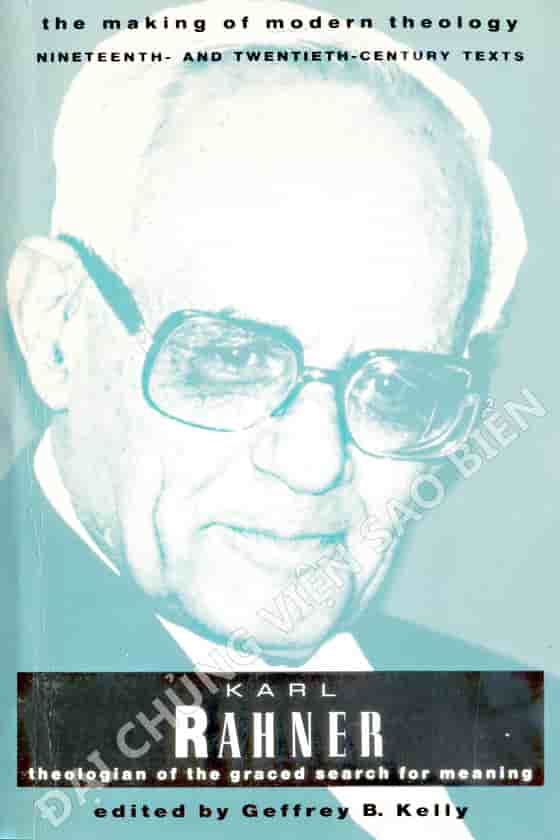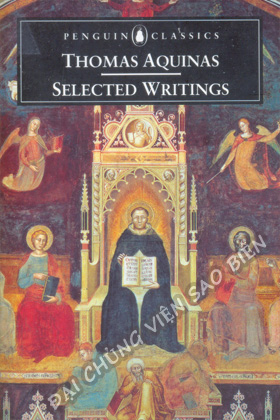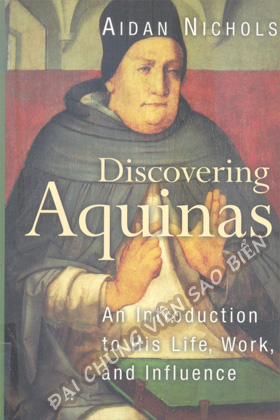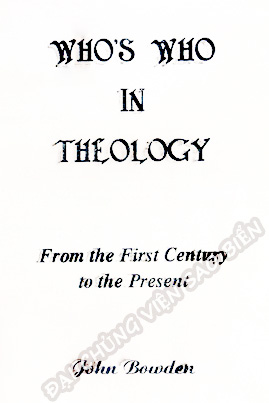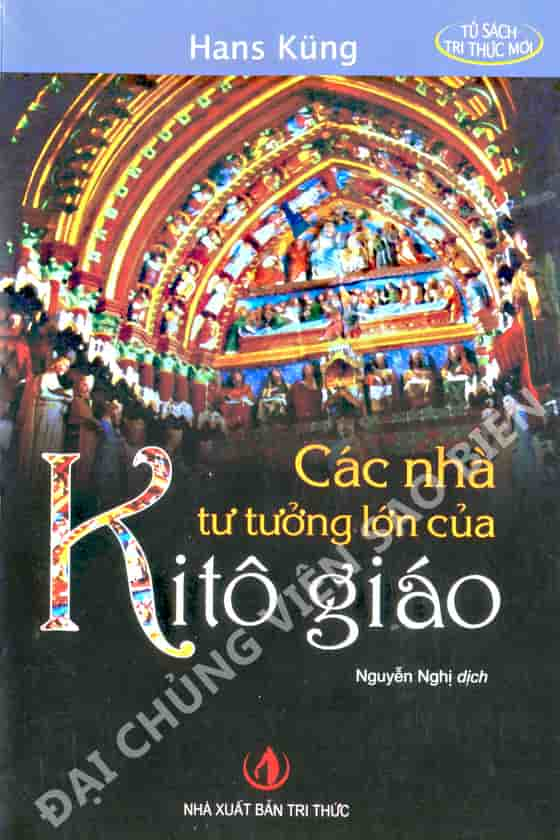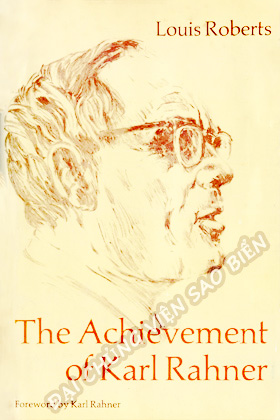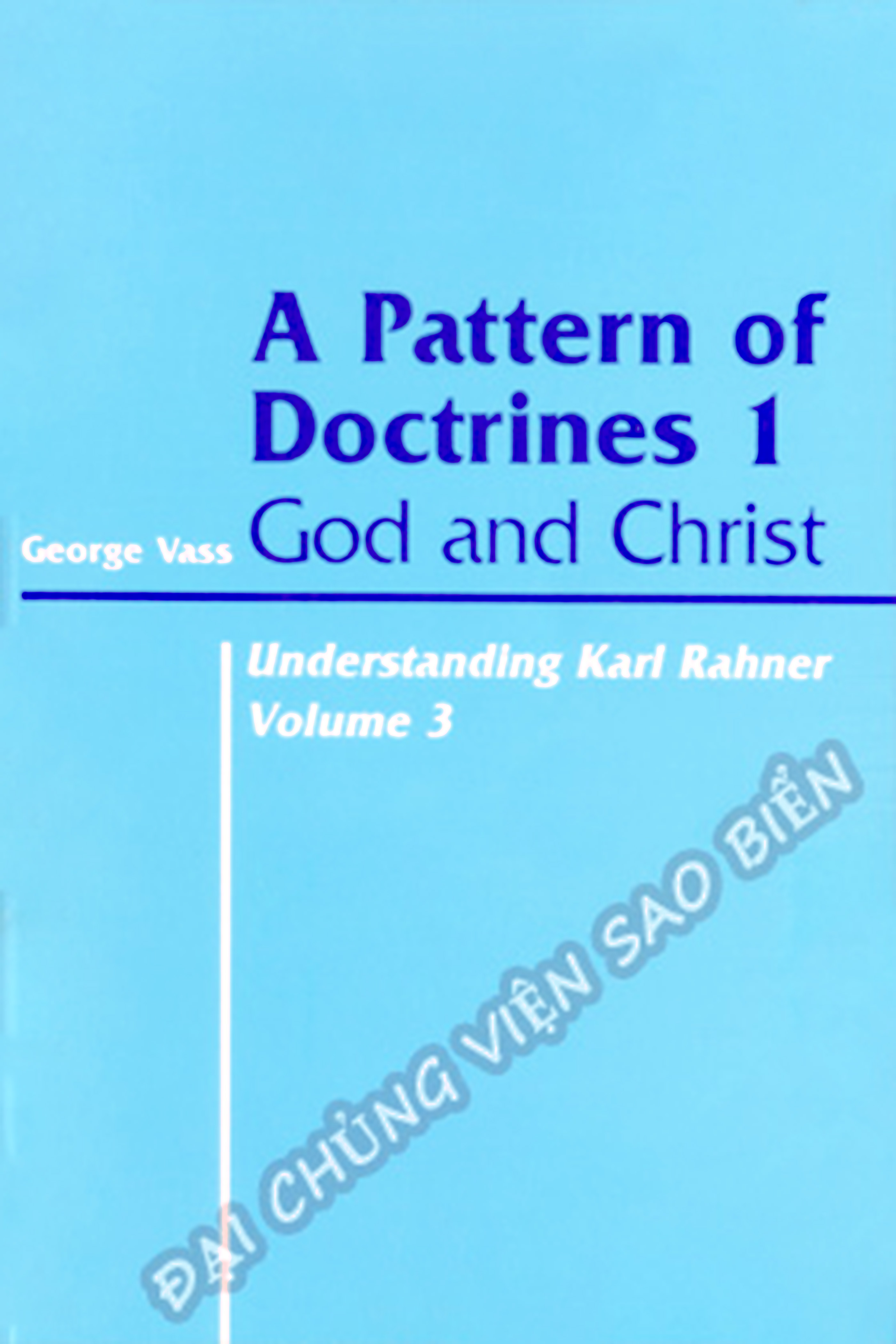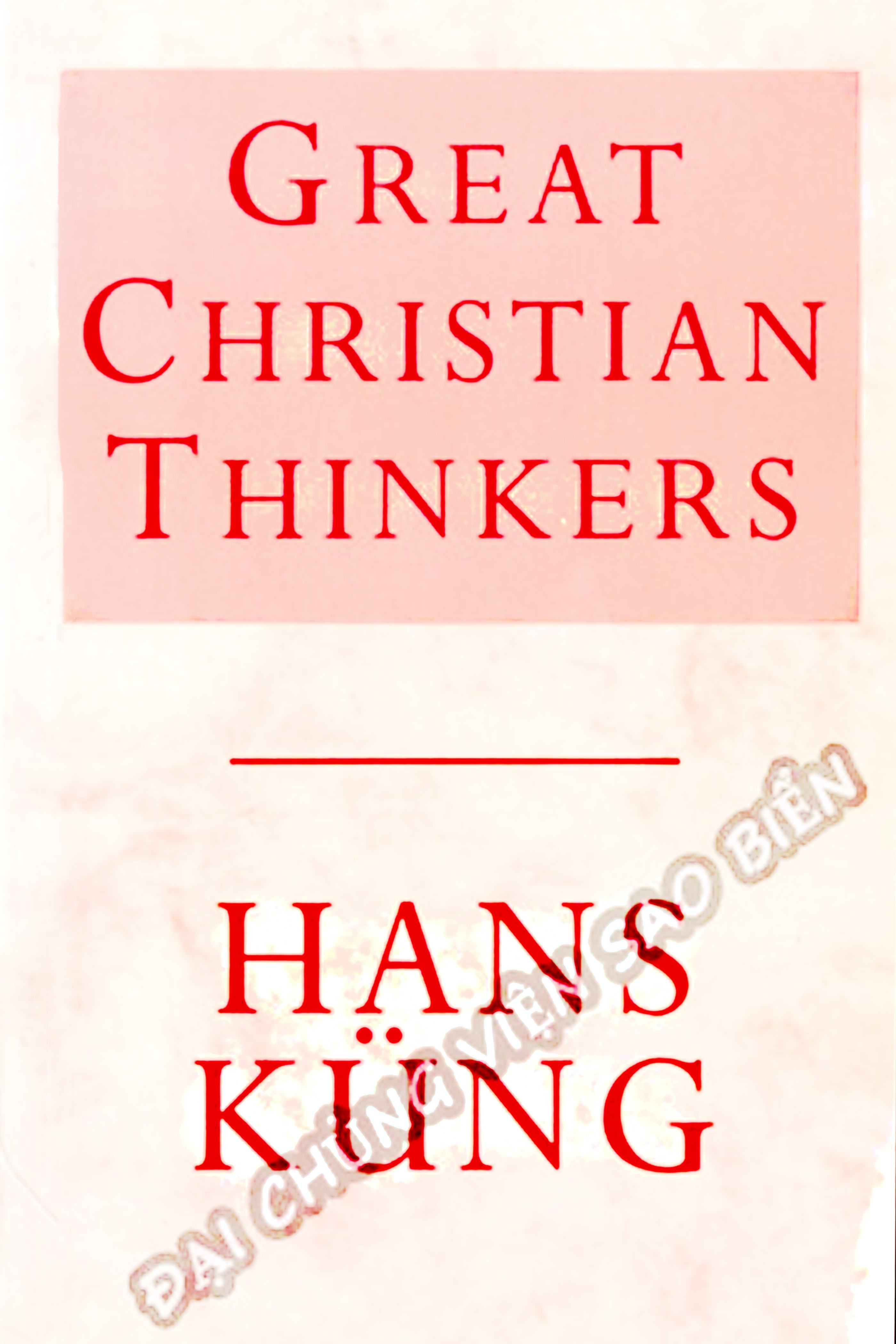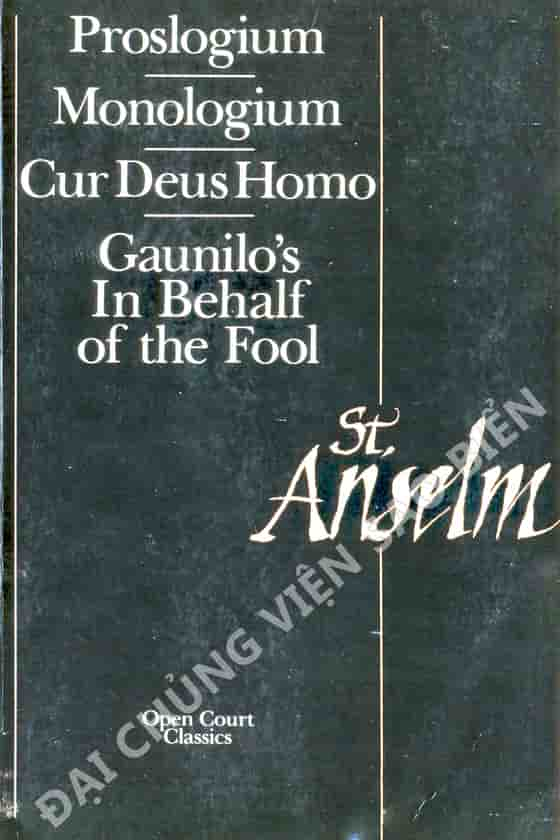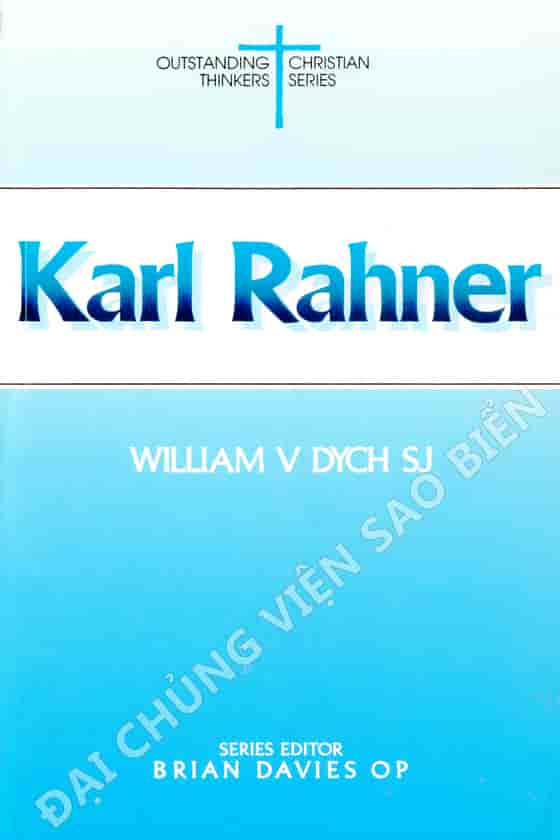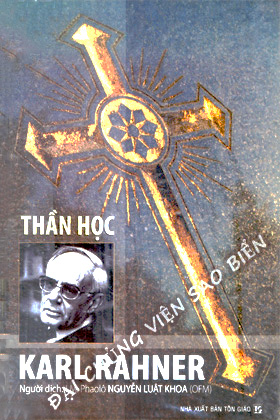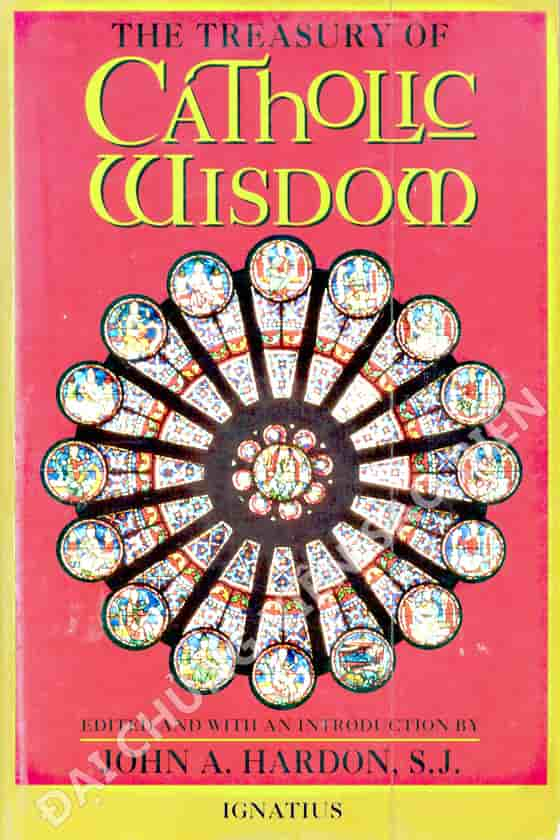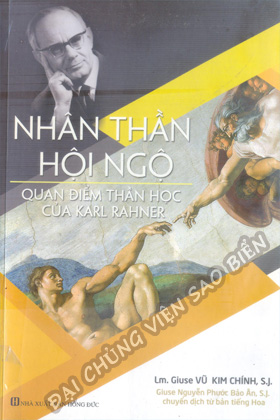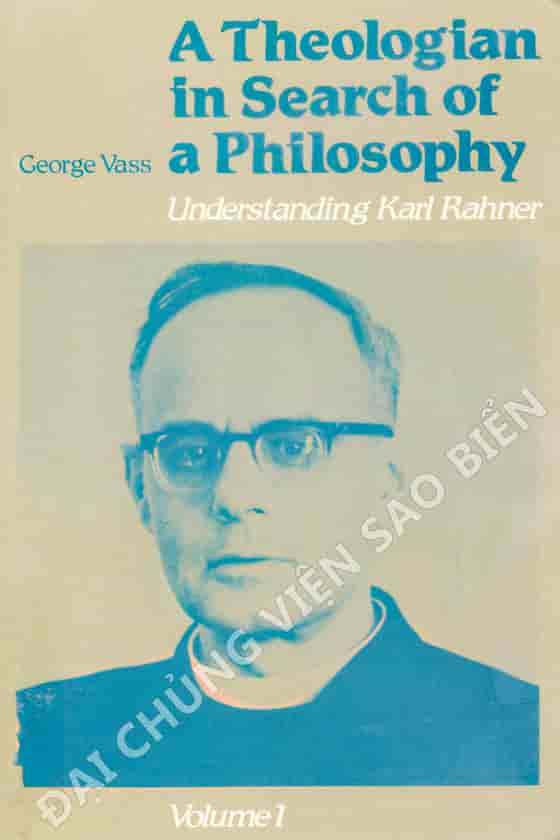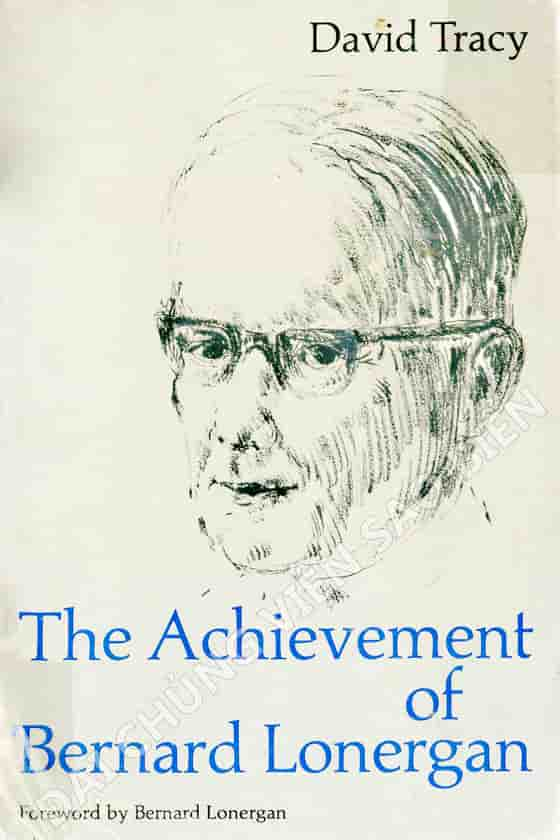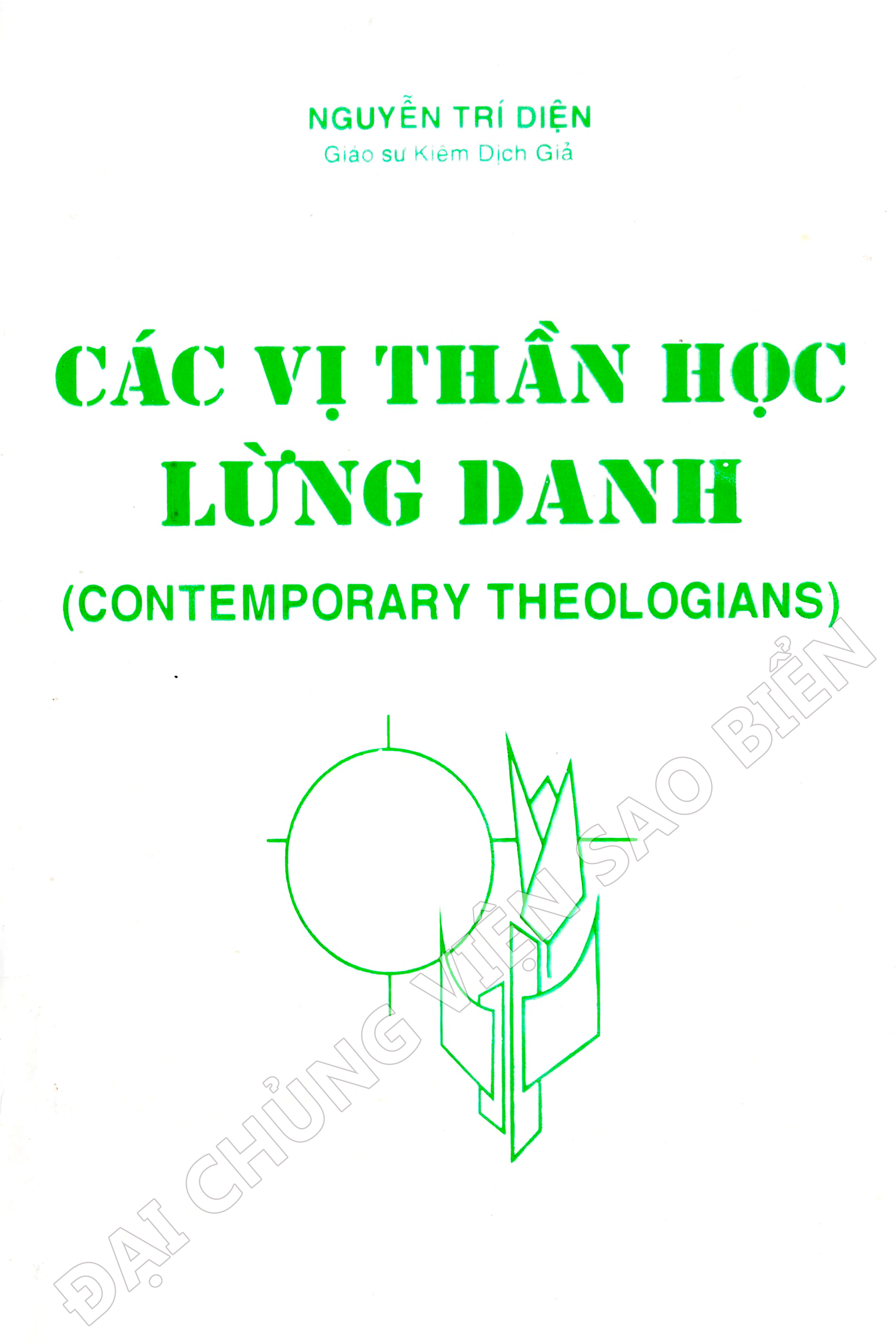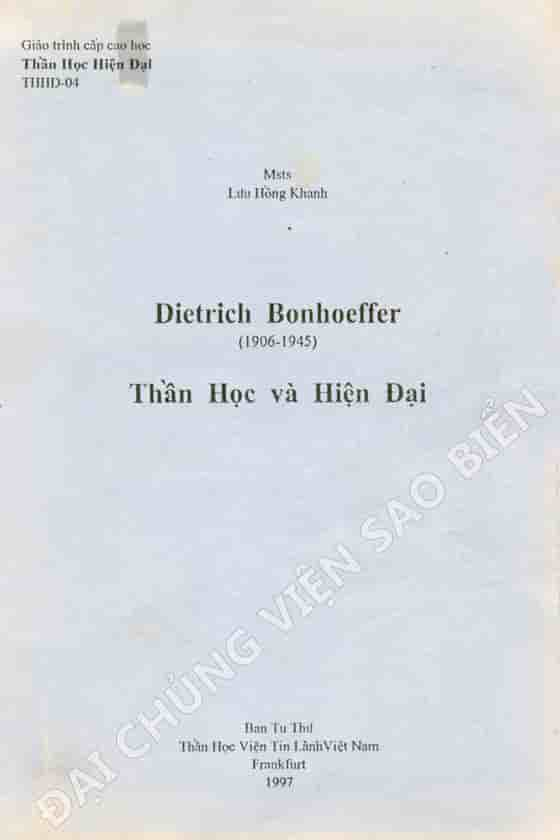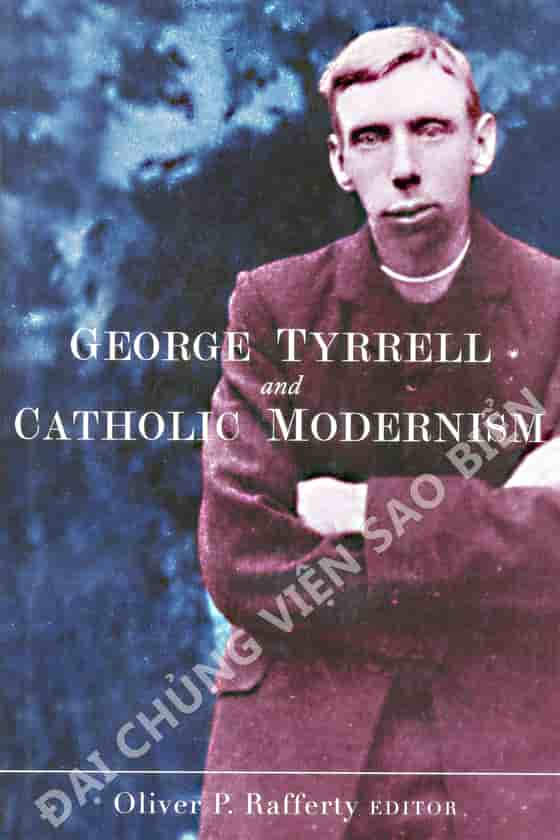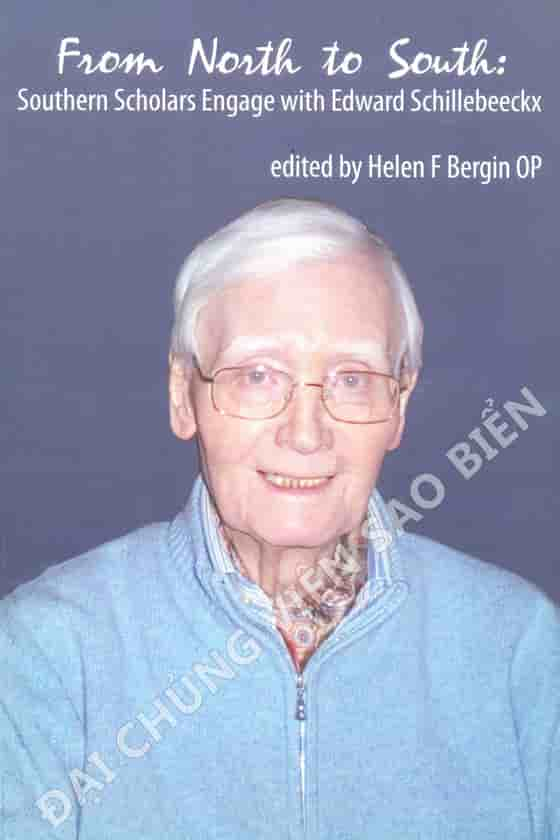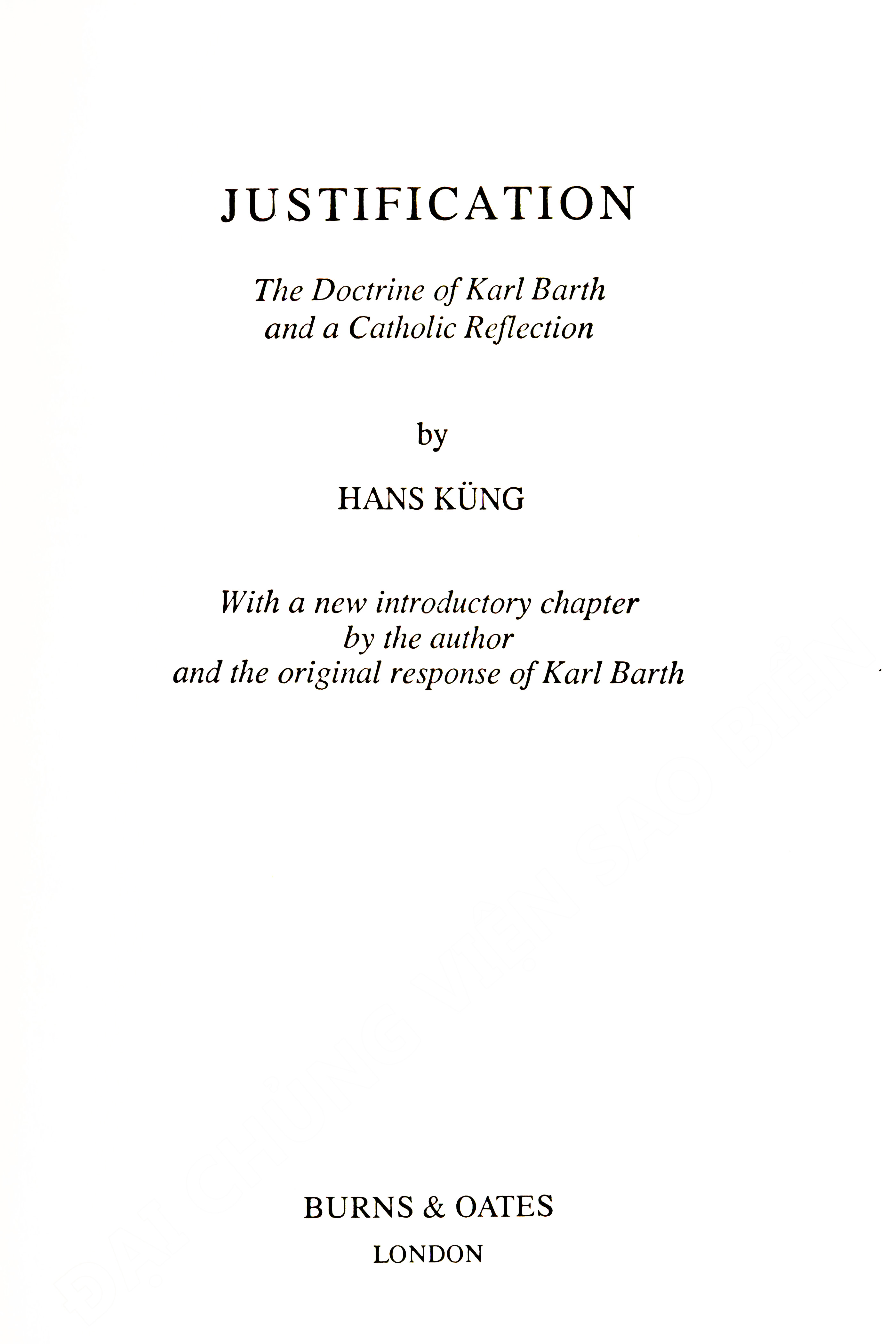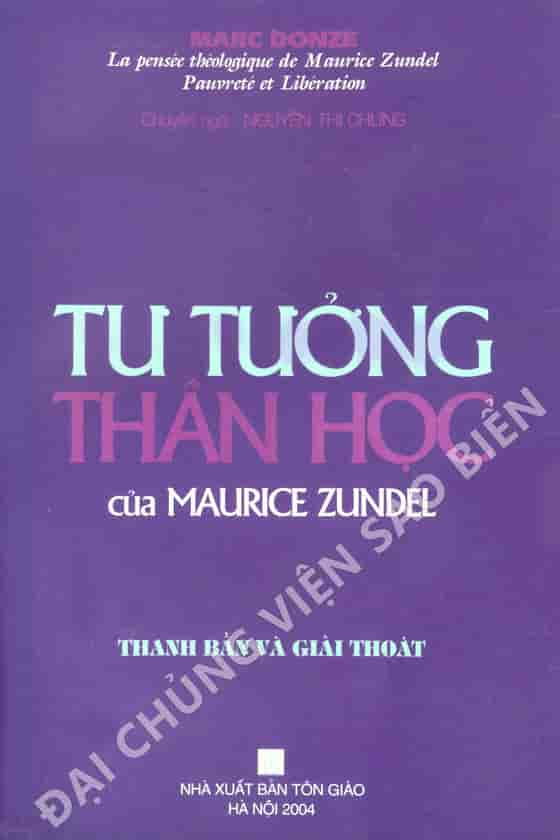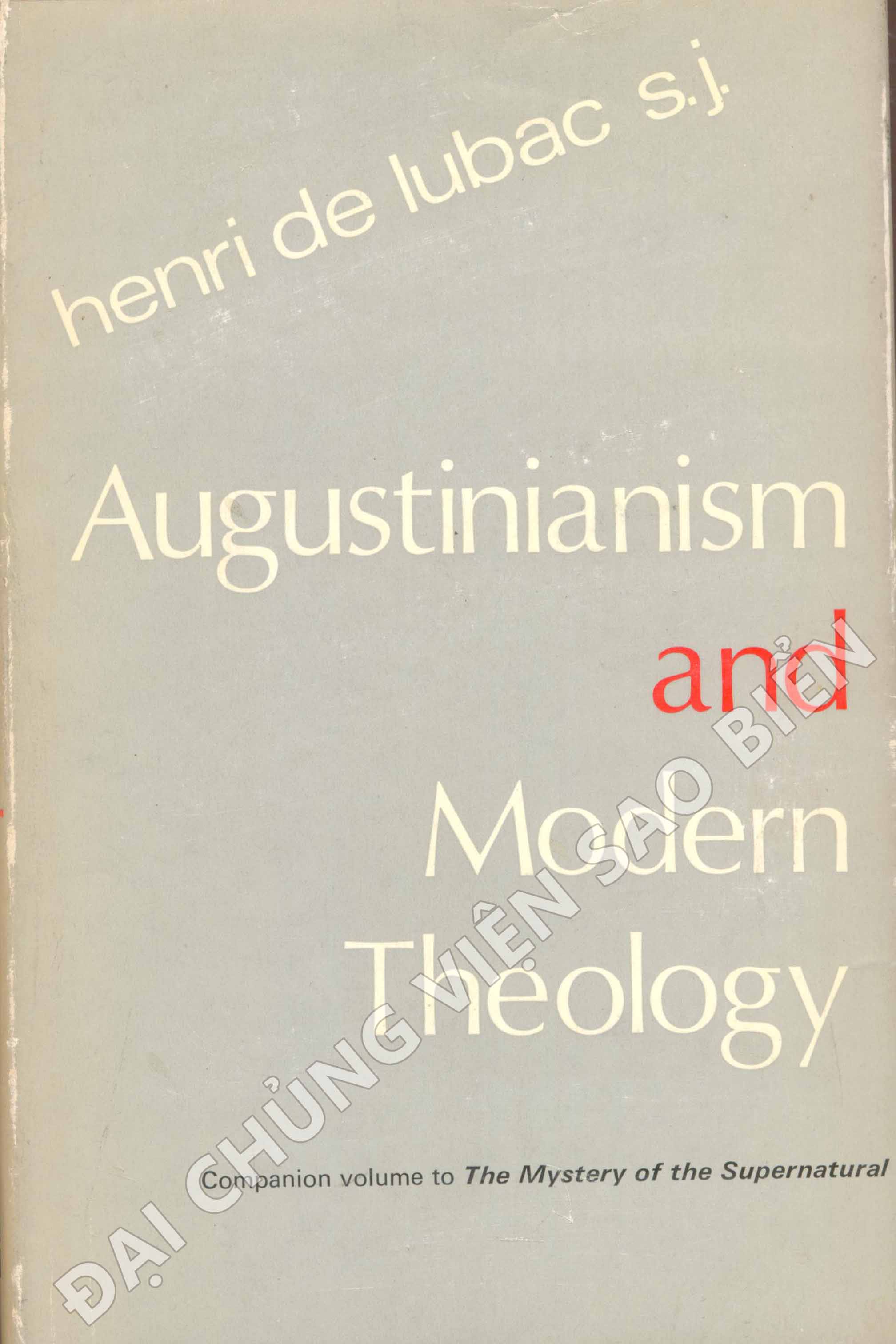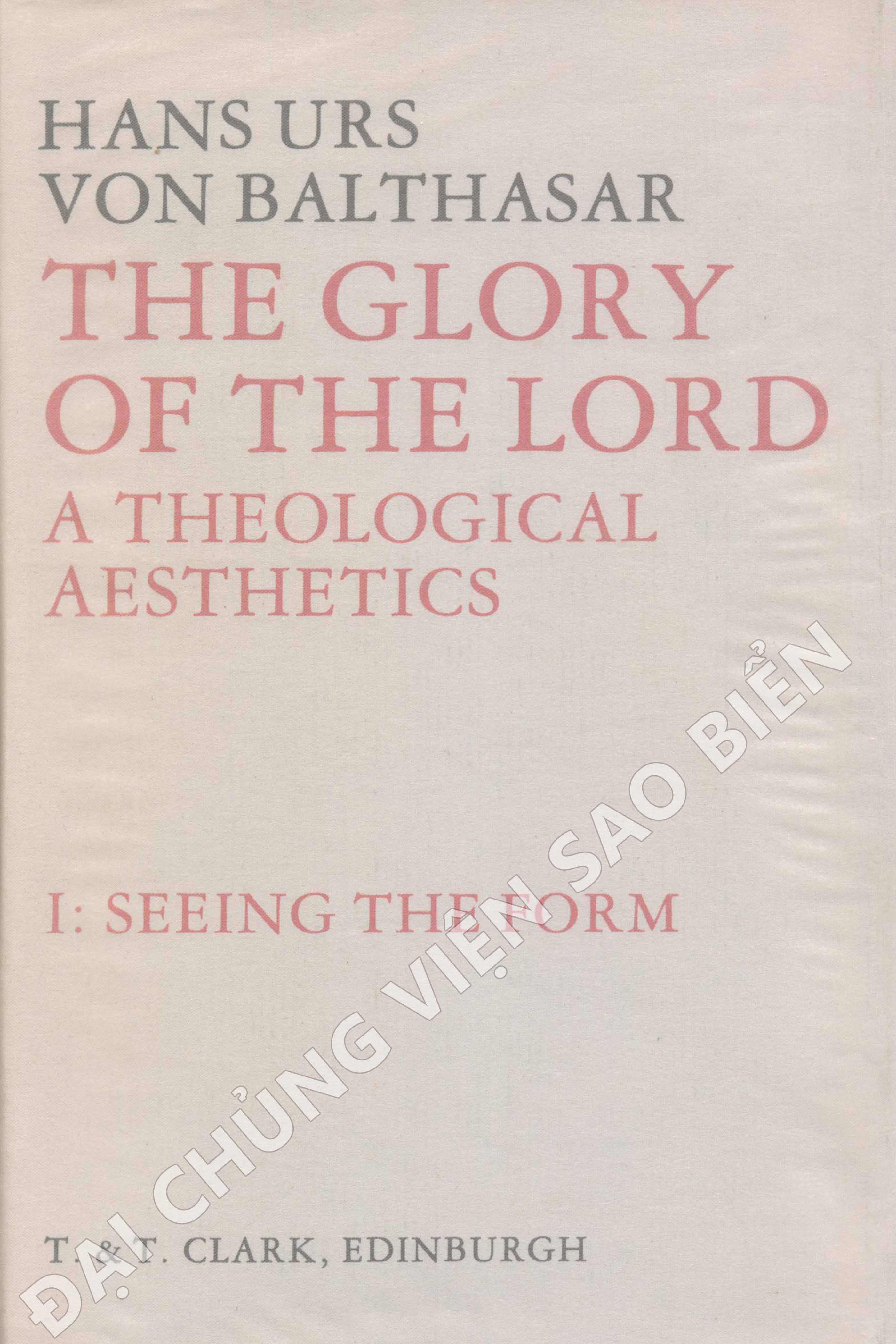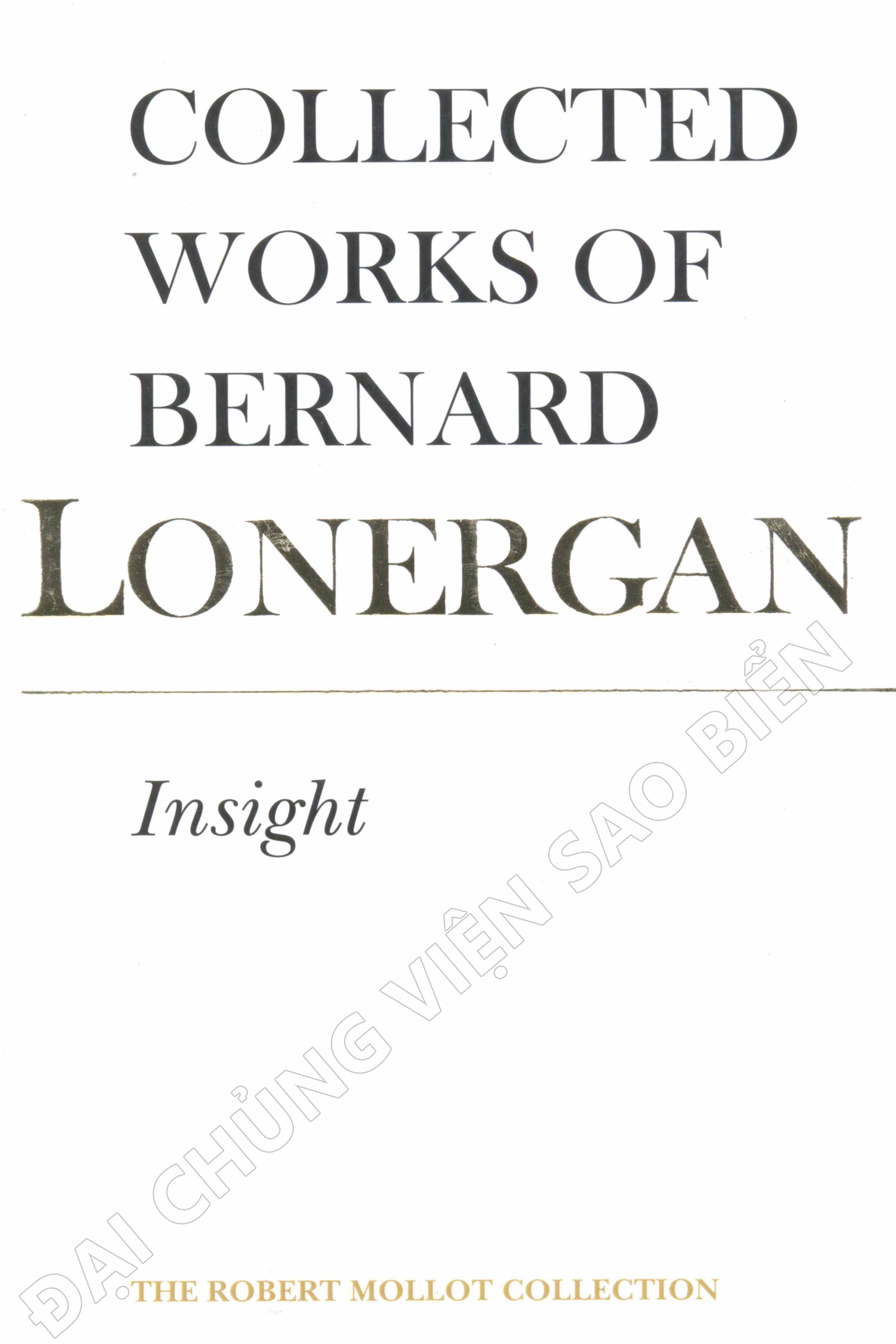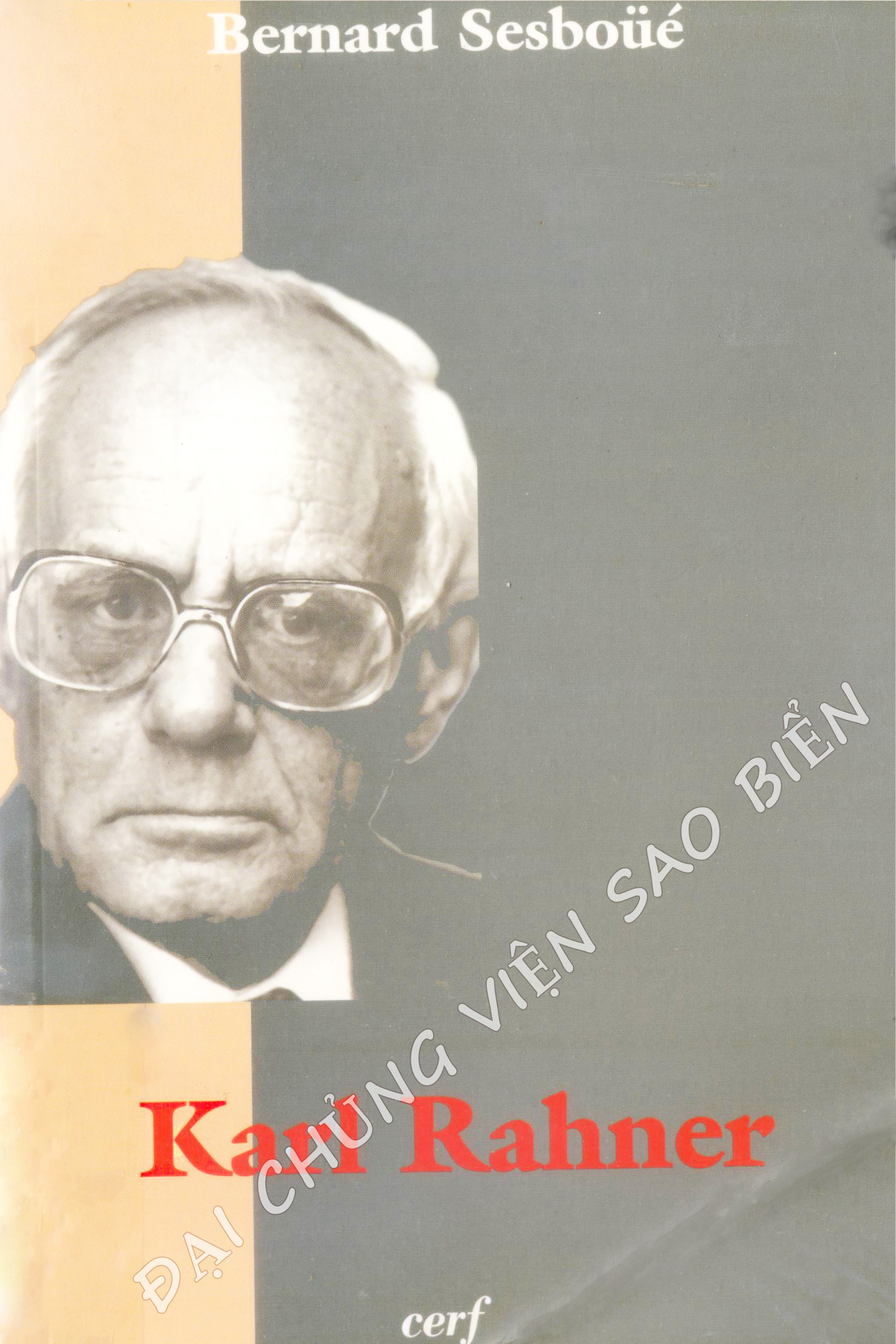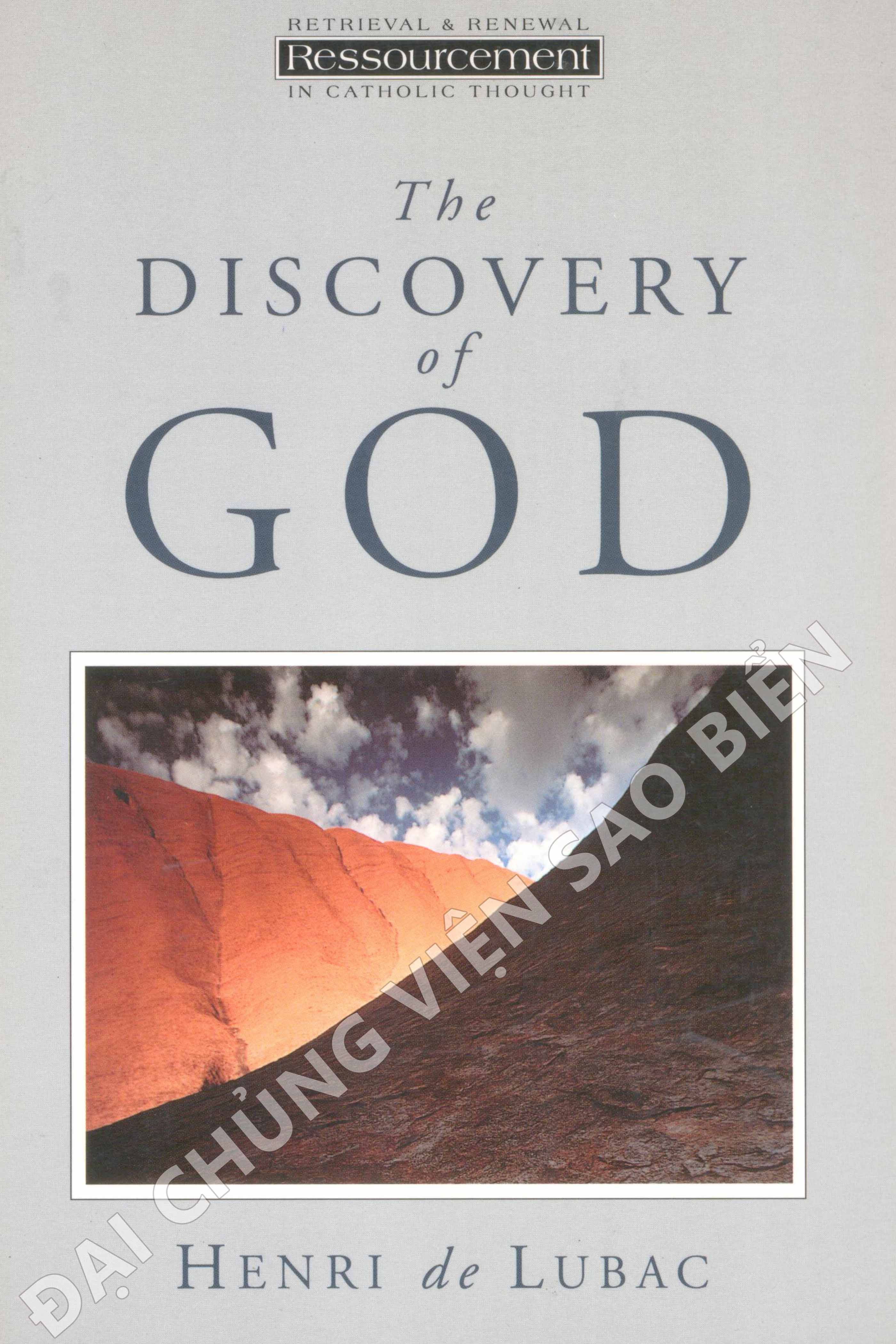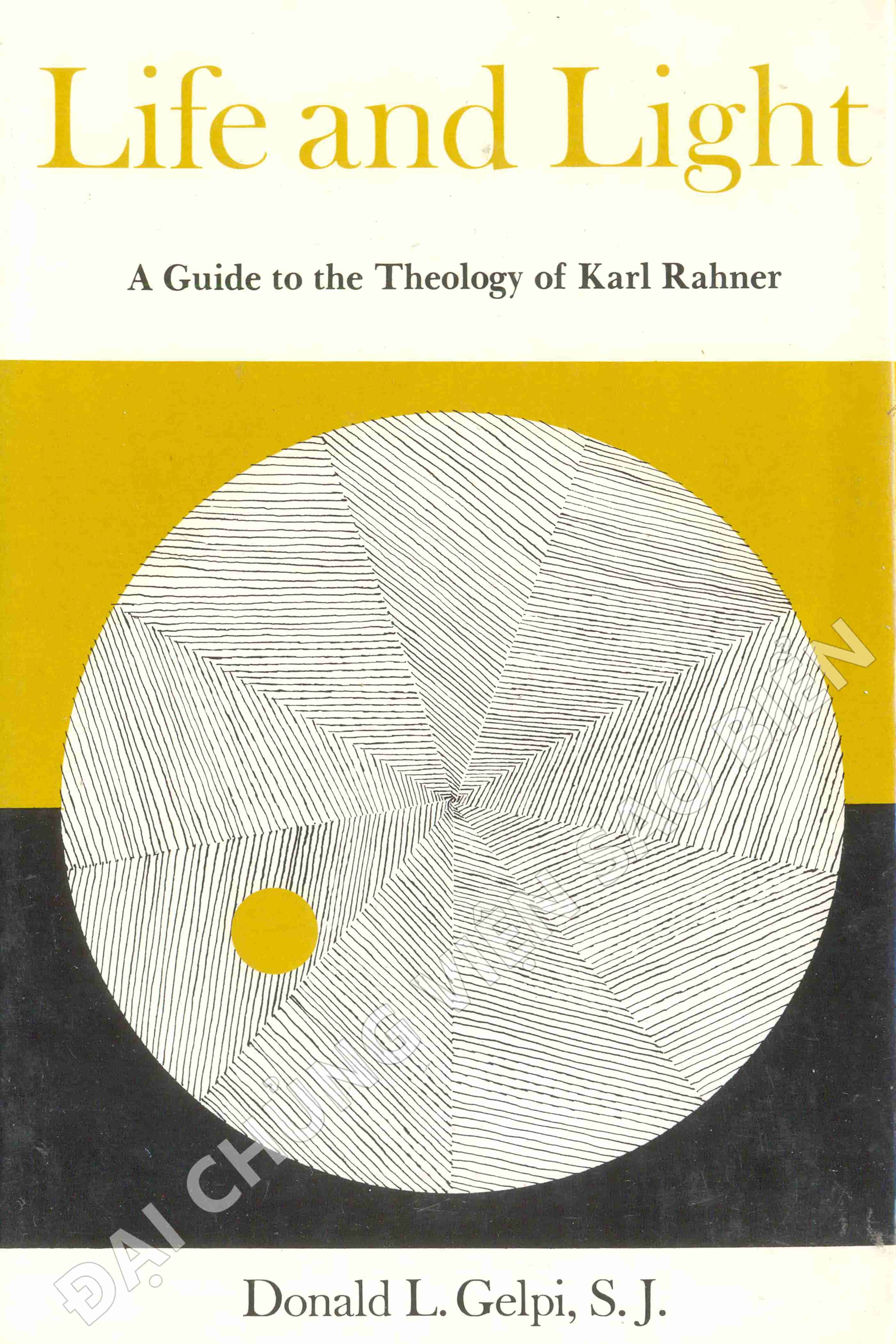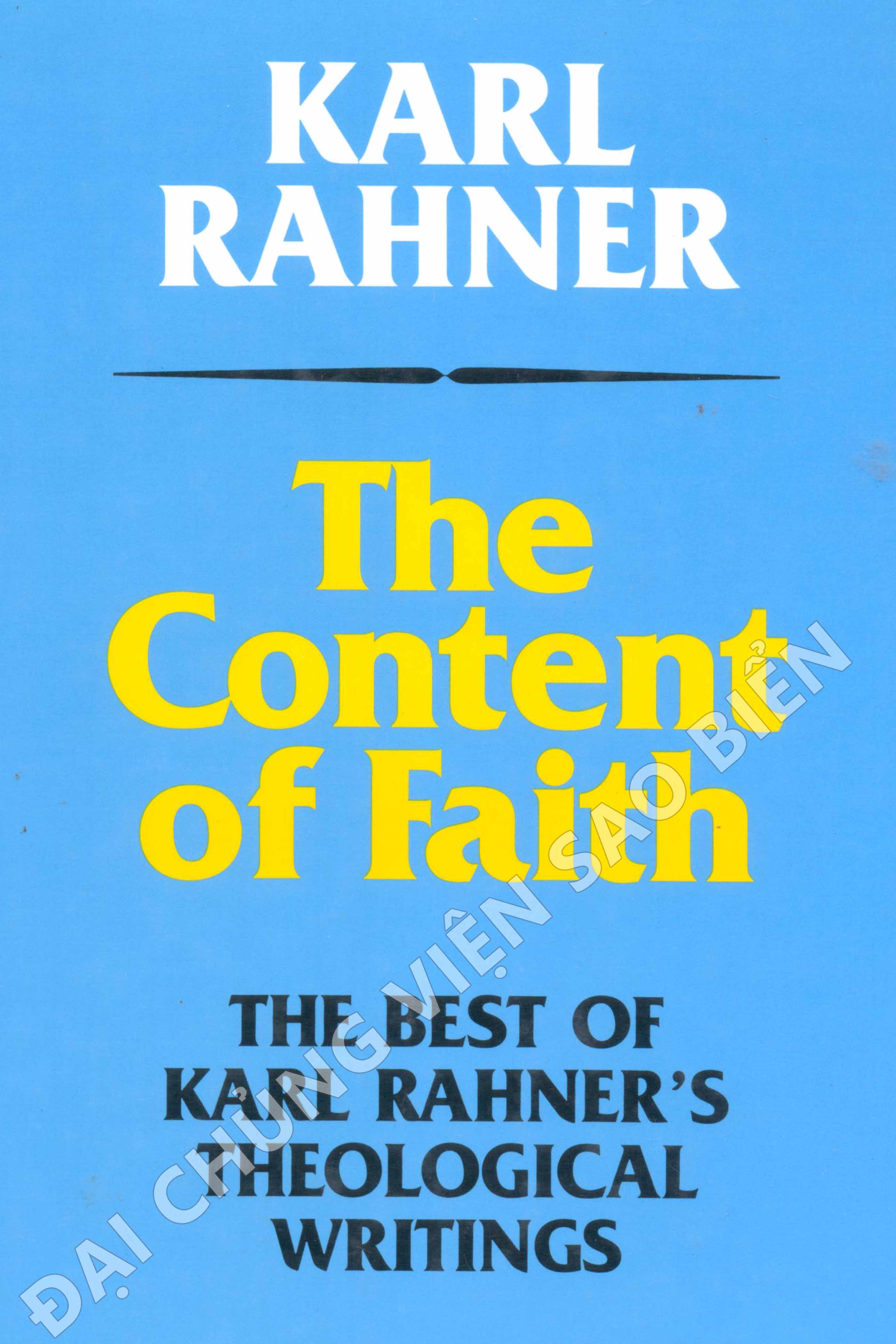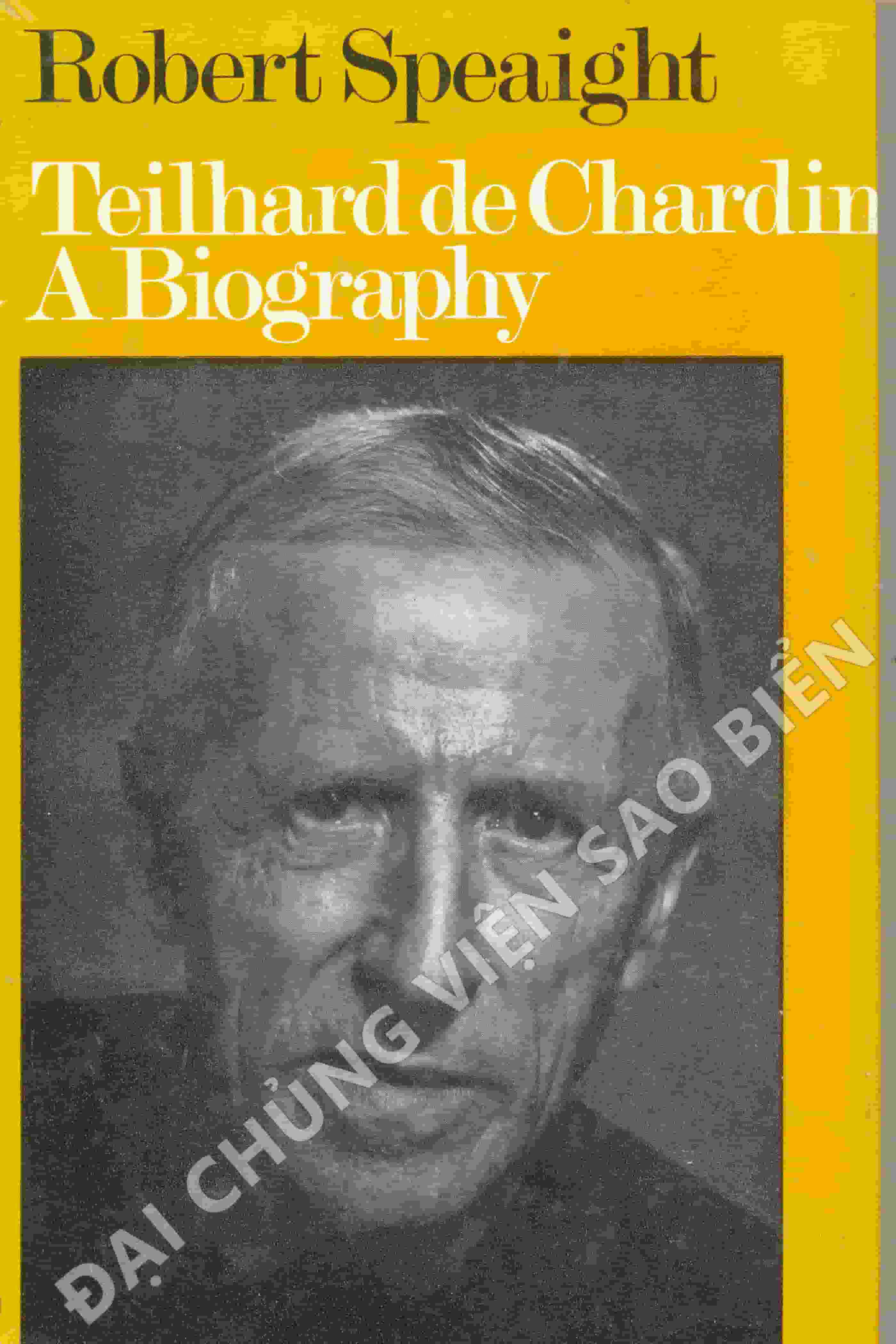| General Editors' Preface, ROBERT M. DORAN / |
xiii |
| PART ONE: REGIS COLLEGE INSTITUTE ON THE METHOD OF THEOLOGY,' 9-20 JULY 1962/ |
1 |
| 1962-1 Operations, the Subject, Objects, Method/ |
3 |
| 1 Method and Operations / |
4 |
| 1.1 Piaget, Operations, and Habits/ |
5 |
| 1.2 Three Types of Mediation/ |
8 |
| 1.3 The Brevity of Methodical Analysis/ |
9 |
| 1.4 Experiencing the Operations/ |
10 |
| 1.5 Fundamental Cognitional Operations/ |
11 |
| 2 The Subject/ |
12 |
| 2.1 Horizon/ |
13 |
| 2.2 Conversion/ |
14 |
| 2.3 Inauthenticity/ |
15 |
| 3 Objects/ |
19 |
| 3.1 Formal and Material Objects/ |
19 |
| 3.2 Contexts and Development/ |
20 |
| 3.3 A Note on Method/ |
23 |
| 4 Consideration of Method/ |
24 |
| 4.1 Method Immediately about Operations, Mediately about Subjects and Objects/ |
24 |
| 4.2 Comparative, Genetic, and Dialectical Methods/ |
24 |
| 1962-2 The Human Good, Meaning, and Differentiations of Consciousness |
30 |
| 1.Summary of Previous Lecture |
30 |
| 2.The Human Good/ |
34 |
| 2.1 The Structure/ |
34 |
| 2.2 The Particular Good/ |
35 |
| 2.3 The Good of Order/ |
36 |
| 2.4 Terminal Values/ |
38 |
| 2.5 Progress and Decline/ |
40 |
| 3 Meaning/ |
40 |
| 4 Classifications of Development / |
42 |
| 4.1 An Alternative Basis of Development/ |
42 |
| 4.2 The Sacred and the Profane / |
43 |
| 4.3 The Subject and the Object/ |
46 |
| 4-4 Common Sense and Theory/ |
49 |
| 4-5 Consciousness as Foundation of These Distinctions/ |
52 |
| 4.6 Mediation/ |
53 |
| 1962-3 Integration of Worlds and Contemporary Theological Problems/ |
56 |
| 1 Limits and Development / |
56 |
| 2 Worlds / |
60 |
| 3 Integration of the Different Worlds / |
64 |
| 4 Contemporary Theological Problems/ |
67 |
| 4.1 The Aristotelian-Augustinian Controversy / |
68 |
| 4.2 Aristotelian Science/ |
70 |
| 4-3 Modern Science/ |
71 |
| 4-4 Historical Consciousness/ |
73 |
| 4.5 New Tendencies and the Eclipse of the World of Theory/ |
76 |
| 1962-4 Elements of Theology/ |
81 |
| 1 Theory/ |
81 |
| 2 The Scientific Model / |
88 |
| 2.1 The Greek Ideal and the Modern Notion/ |
88 |
| 2.2 Certainty versus Probability/ |
88 |
| 2.3 The Universal versus the Concrete/ |
89 |
| 2.4 Immutability versus Process/ |
89 |
| 2.5 Necessity versus Empirical Intelligibility/go |
90 |
| 2.6 Complementing the Old with the New/ |
90 |
| 3 Intelligibility and Truth/ |
92 |
| 3.1 Empirical Intelligibility/ |
92 |
| 3.2 Judgment/ |
95 |
| 3.3 Logic, Method, Esprit de finesse, Illative Sense/ |
100 |
| 3.4 Wisdom/ |
102 |
| 1962-5 Beyond Extrinsicism and Immanentism/ |
103 |
| 1 Theology and Wisdom: Concluding Remarks/ |
103 |
| 2 Extrinsicism/ |
108 |
| 2.1 Extrinsicism Defined/ |
108 |
| 2.2 Deductivist Extrinsicism/ |
109 |
| 2.3 Operational Extrinsicism/ |
113 |
| 2.4 Metaphysical Extrinsicism/ |
116 |
| 2.5 Intuitionist Extrinsicism/ |
118 |
| 3 Immanentism / |
123 |
| 3.1 The Root of Immanentism/ |
123 |
| 3.2 Breaking Immanentism/ |
124 |
| 3.3 Contemporary Immanentisms/ |
125 |
| 1962-6 Knowing, Believing, and Theology / |
128 |
| 1 Clarifications of Cognitional Theory/ |
128 |
| 1.1 The Preconceptual and the Unity of the Ancient and ModernIdeals of Science/ |
128 |
| 1.2 Thomist and Scotist Analysis/ |
129 |
| 1.3 Notion, Concept, Knowledge, and Idea of Being/ |
131 |
| 1.4 Knowing Is a Compound/ |
132 |
| 1.5 Self-consciousness and Self-knowledge/ |
132 |
| 1.6 The Unity of Human Knowledge/ |
133 |
| 1.7 The Compound Notion of Human Knowing and Metaphysics/ |
134 |
| 2 Assembling the Elements / |
|
| 2.1 The Systematic Exigence and the World of Theory/ |
136 |
| 2.2 The Critical Exigence and the World of Interiority/ |
138 |
| 2.3 The Methodical Exigence/ |
138 |
| 2.4 The Genetic Circle/ |
140 |
| 2.5 Aberrations and Deviations/ |
140 |
| 3 Knowledge and Belief/ |
141 |
| 3.1 The Effects of Belief/ |
142 |
| 3.2 Elements of Belief/ |
143 |
| 3.2.1 Object/ |
143 |
| 3.2.2 Motive/ |
143 |
| 3.2.3 The Act of Faith/ |
143 |
| 3.2.4 The Act of Will/ |
144 |
| 3.2.5 Grasping the Unconditioned/ |
144 |
| 3.3 Human and Divine Faith/ |
145 |
| 3.4 The Light of Faith/ |
147 |
| 3.5 A New Interiority/ |
150 |
| 4 Theology, Faith, and Knowledge/ |
150 |
| 4.1 The Vatican Decree/ |
151 |
| 4.2 Human Intellect and Natural Knowledge/ |
151 |
| 4.3 Faith and Theology/ |
152 |
| 5 From Faith to Theology / |
153 |
| 1962-7 Transitions and Thematizations / |
156 |
| 1 From Faith to Theology/ |
156 |
| 2 An Illustration/ |
158 |
| 3 Modes of the Transition / |
161 |
| 4 Three Instances of Thematizing / |
162 |
| 5 Symbolic, Classical, and Historical Consciousness / |
164 |
| 6 A Concrete Example of the Transition from Scripture to Theological Assertion / |
166 |
| 7 Thematization, Summation, Integration / |
170 |
| 8 Thematization and Dogmatic Theology/ |
175 |
| 1962-8 Positive and Systematic Theology, and Meaning / |
182 |
| 1 Positive Theology/ |
182 |
| 1.1 Truth and Thematization/ |
182 |
| 1.2 Comparative Method/ |
185 |
| 1.3 Understanding the Doctrine and Understanding the History of the Doctrine/ |
188 |
| 1.4 Genetic Method/ |
191 |
| 1.5 Dialectical Method/ |
192 |
| 2 Systematic Theology / |
194 |
| 3 Meaning / |
197 |
| 3.1 Intersubjective Meaning/ |
198 |
| 3.2 Aesthetic Meaning/ |
201 |
| 3.3 Symbolic Meaning/ |
204 |
| 1962-9 Hermeneutics / |
208 |
| 1 Applying a Cognitional Theory/ |
209 |
| 2 Interpreting a Text / |
211 |
| 2.1 Understanding the Text/ |
211 |
| 2.1.1 Understanding the Thing or Object / |
211 |
| 2.1.2 Understanding the Words / |
214 |
| 2.1.3 Understanding the Author/ |
216 |
| 2.1.4 Romantic Hermeneutics/ |
218 |
| 2.1.5 Development of the Interpreter/ |
220 |
| 2.2 Judging the Correctness of One's Understanding/ |
221 |
| 2.3 Stating the Meaning of the Text/ |
225 |
| 2.3.1 Commonsense Communication / |
227 |
| 2.3.2 Scientific Communication/ |
227 |
| 2.3.3 Foundations of Communication / |
228 |
| 2.3-4 Philosophy and Theology in Communication / |
230 |
| 2.3.5 Basic Context / |
232 |
| 1962-10 History / |
234 |
| 1 The Notion of Time / |
235 |
| 2 History and Time / |
235 |
| 3 Existential and Narrative History / |
236 |
| 4 Critical History/ |
|
| 5 Historismus/ |
240 |
| 5.1 Historical Consciousness/ |
241 |
| 5.2 Historical Relativism/ |
242 |
| 5.3 Historical Method/ |
244 |
| 6 Methodical Classification of Historical Studies / |
249 |
| 6.1 Common Historical Research/ |
249 |
| 6.2 The Historical Essay / |
250 |
| 6.3 History and Science/ |
251 |
| 6.4 History and Philosophy / |
252 |
| 6.5 History and Tradition/ |
253 |
| 6.6 History and Religion/ |
256 |
| 6.7 History and Apologetics/ |
257 |
| 6.8 Theological Mediation of History/ |
258 |
| 1962 Discussion 1 / |
260 |
| 1962 Discussion 2/ |
282 |
| 1962 Discussion 3/ |
303 |
| 1962 Discussion 4/ |
326 |
| 1962 Discussion 5/ |
339 |
| 1962 Discussion 6/ |
354 |
| 1962 Discussion 7/ |
366 |
| PART TWO: AVERY CARDINAL DULLES'S NOTES FOR LONERGAN'S 'A FIVE-DAY INSTITUTE THE METHOD IN THEOLOGY, 13-17 JULY 1964. GEORGETOWN UNIVERSITY/ |
375 |
| 1964-1 The Contemporary Problem / |
377 |
| Morning Lecture: Factors External to Theology / |
377 |
| 1 Shift in Model of Science / |
377 |
| 2 Notion of Meaning/ |
379 |
| Questions/ |
382 |
| Afternoon Lecture, part 1: Factors External to Theology (continued)/ |
383 |
| Notion of Meaning (continued) / |
383 |
| 3. Historical Consciousness / |
384 |
| Afternoon Lecture, part 2: The Internal Situation / |
|
| Questions/ |
387 |
| 1964-2 Reason Illumined by Faith / |
388 |
| Morning Lecture: Human Knowing as Operational Structure / |
388 |
| Knowing / |
388 |
| 2 Objectivity / |
389 |
| 3 Consciousness / |
390 |
| Afternoon Lecture: Transformation of Reason by Faith/ |
391 |
| 1 This Transformation Affects the Levels of Data, Understanding, and Judgment / |
391 |
| 2 Mediation / |
392 |
| Responses to Questions/ |
393 |
| 1964-3 Differentiation of Methods I/ |
395 |
| Morning Lecture: Foundations/ |
395 |
| Responses to Questions / |
399 |
| Afternoon Lecture: Positive Theology / |
401 |
| Questions and Responses / |
404 |
| 1964-4 Differentiation of Methods II/ |
406 |
| Morning Lecture, Part 1: Positive Theology (continued) / |
406 |
| Morning Lecture, Part 2: Dogmatic Method/ |
408 |
| [Questions?] / |
410 |
| Afternoon Lecture: Systematic Theology/ |
410 |
| Questions / |
413 |
| 1964-5 Special Questions / |
415 |
| Morning Lecture: Development of Dogma / |
415 |
| Afternoon Lecture: The Argument from Scripture / |
418 |
| PART THREE TRANSCENDENTAL PHILOSOPHY AND THE STUDY OF RELIGION, 3-1 JULY 1968, BOSTON COLLEGE |
421 |
| 1968-1 Method/ |
423 |
| 1A Preliminary Notion / |
425 |
| The Basic Pattern of Operations/ |
426 |
| 3 Transcendental Method/ |
435 |
| 1968-2 Method (continued), Functional Specialties, and an Introduction to Horizons and Categories/ |
441 |
| 1 The Functions of Transcendental Method/ |
442 |
| 2 Functional Specialties/ |
446 |
| 2.1 Three Types of Specialization/ |
446 |
| 2.2 An Eightfold Division/ |
449 |
| 2.3 Grounds of the Division/ |
453 |
| 2.4 The Need for the Division/ |
455 |
| 2.5 A Dynamic Unity/ |
457 |
| 3 Horizons and Categories, Introduction / |
466 |
| 1968-3 Horizons and Categories / |
473 |
| 473 1 Horizons (continued) / |
473 |
| 473 2 Categories/ |
477 |
| 3 General Categories / |
478 |
| 4 Special Categories / |
482 |
| 5 Use of the Categories / |
486 |
| 6 Theologians and Scientists / |
487 |
| 7 Pluralism / |
492 |
| 1968-4 The Human Good and Values / |
|
| 1 The Human Good / |
494 |
| 2 Development as Operational / |
500 |
| 3 The Development of Feelings/ |
504 |
| 4 Progress and Decline / |
506 |
| 5 The Notion of Value / |
508 |
| 6 Judgments of Value/ |
510 |
| 1968-5 Beliefs and Carriers of Meaning/ |
513 |
| 1 Beliefs / |
513 |
| 2 Carriers of Meaning/ |
517 |
| 2.1 Intersubjectivity/ |
517 |
| 2.2 Art/ |
520 |
| 2.3 Symbols/ |
523 |
| 2.4 Linguistic Meaning/ |
529 |
| 1968-6 Analysis of Meaning and Introduction to Religion/ |
534 |
| 1 Elements of Meaning/ |
534 |
| 2 Exigences/ |
537 |
| 3 Functions of Meaning/ |
541 |
| 4 Meaning in History/ |
542 |
| 5 The Question of God/ |
543 |
| 6 Religious Values / |
549 |
| 1968-7 Religious Expression, Faith, Conversion / |
553 |
| 1 Religious Expression / |
553 |
| 2 Faith/ |
558 |
| 3 Conversions and Breakdowns / |
562 |
| 1968 Discussion 1/ |
569 |
| 1968 Discussion 2/ |
580 |
| 1968 Discussion 3/ |
594 |
| 1968 Discussion 4/ |
605 |
| 1968 Discussion 5/ |
617 |
| 1968 Discussion 6/ |
626 |
| Appendix: Hermeneutics / |
635 |
| Lexicon of Latin and Greek Words and Phrases / |
655 |
| Index / |
661 |
